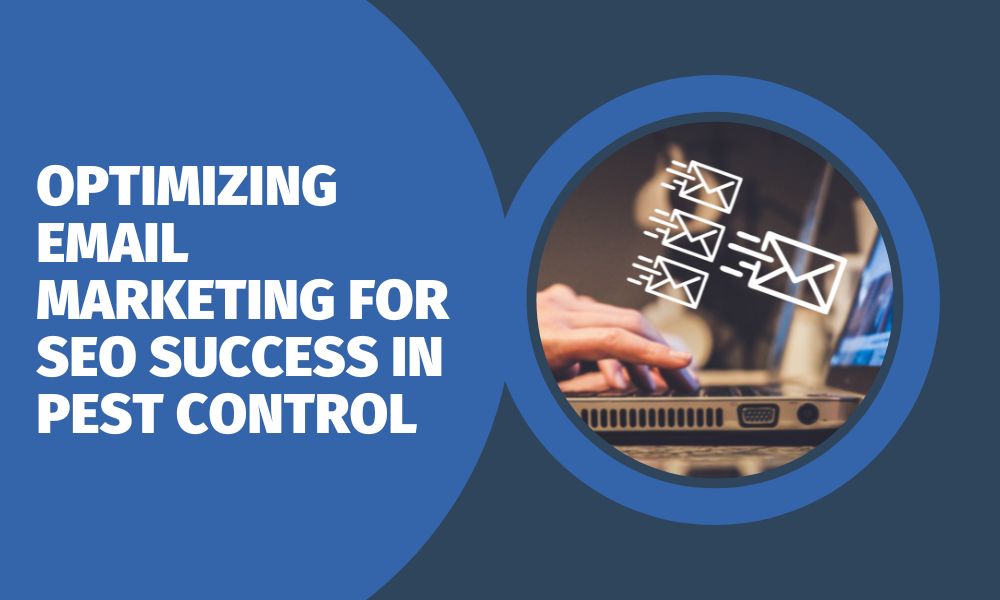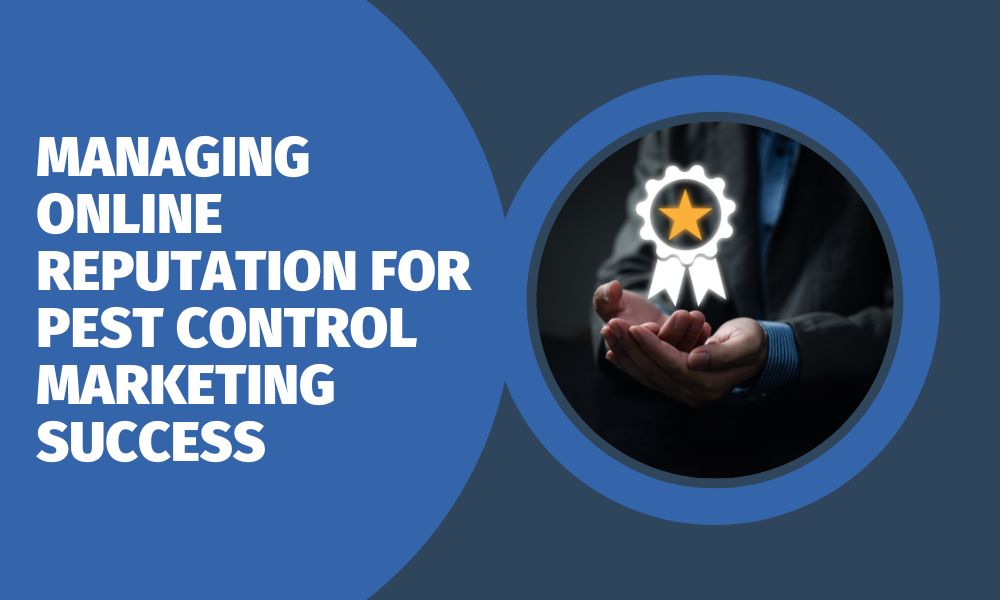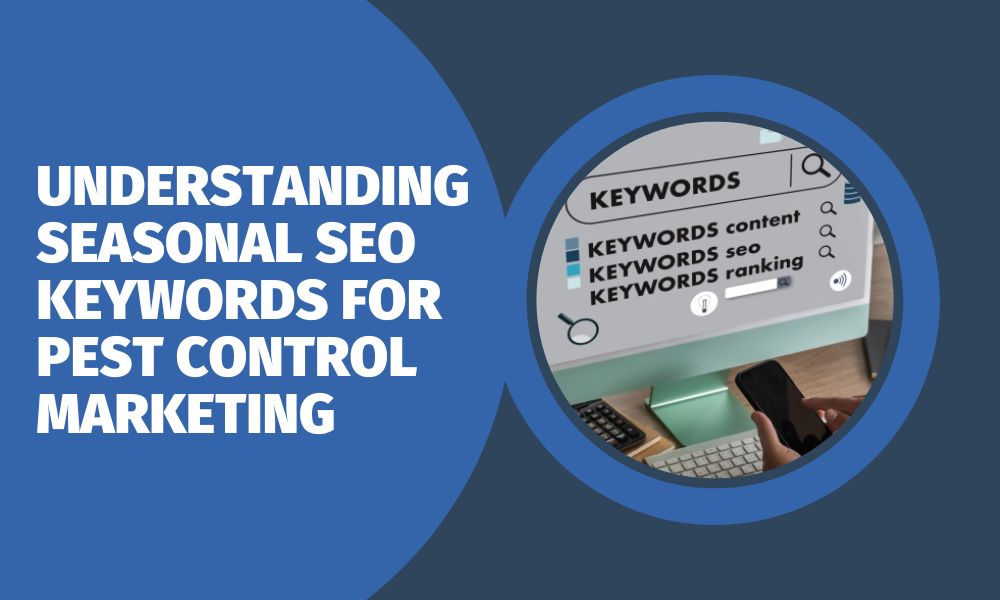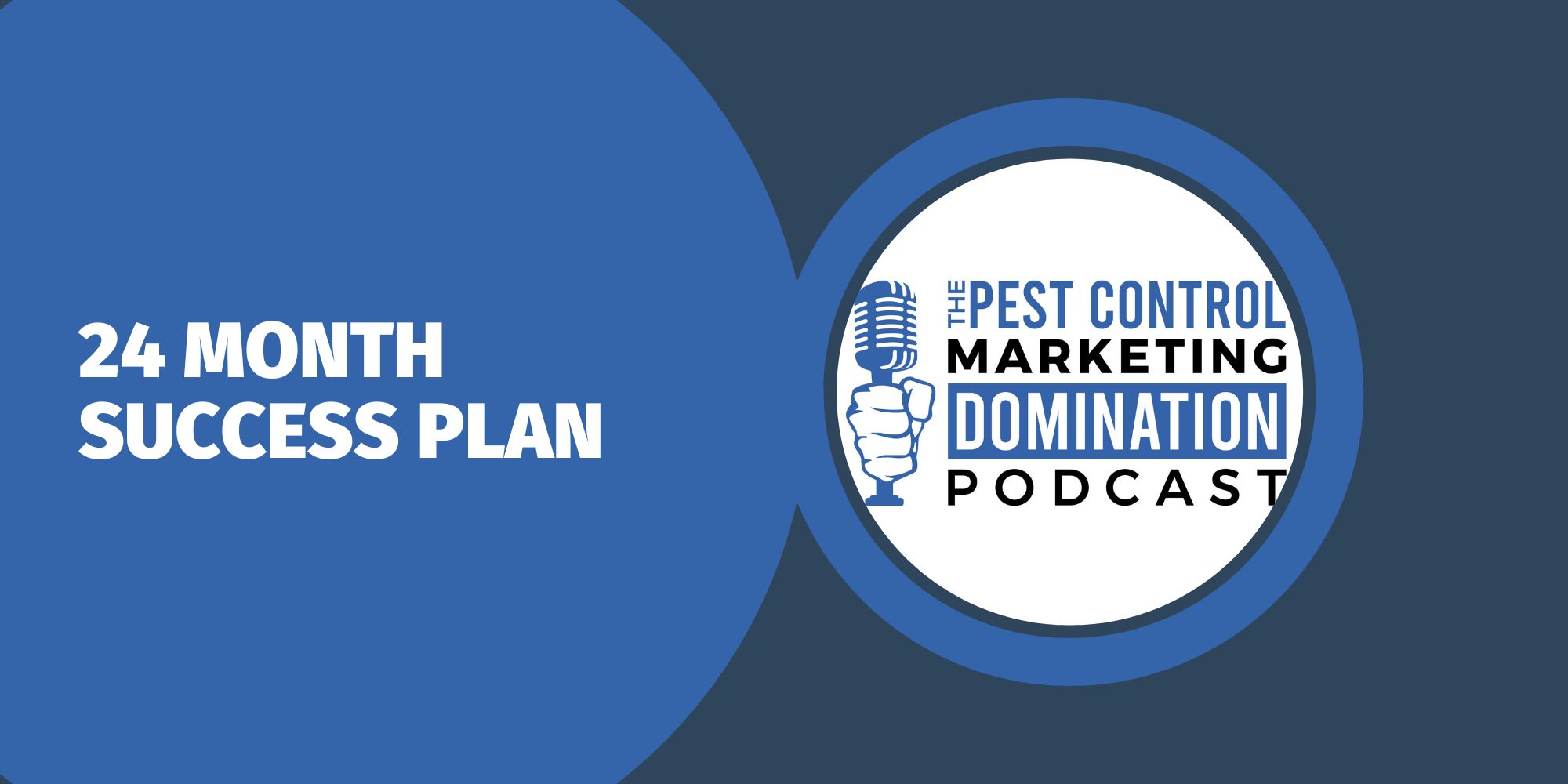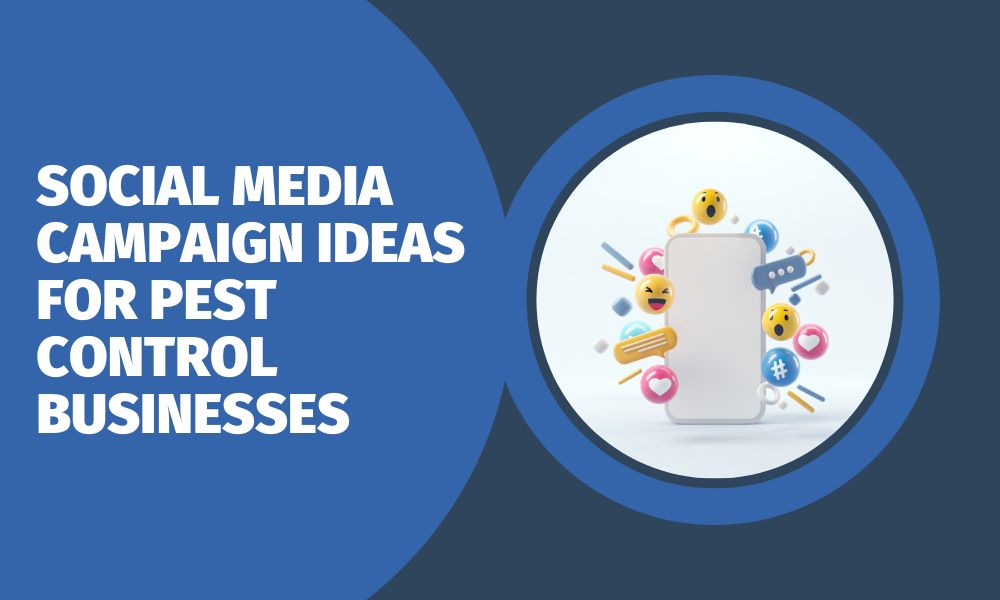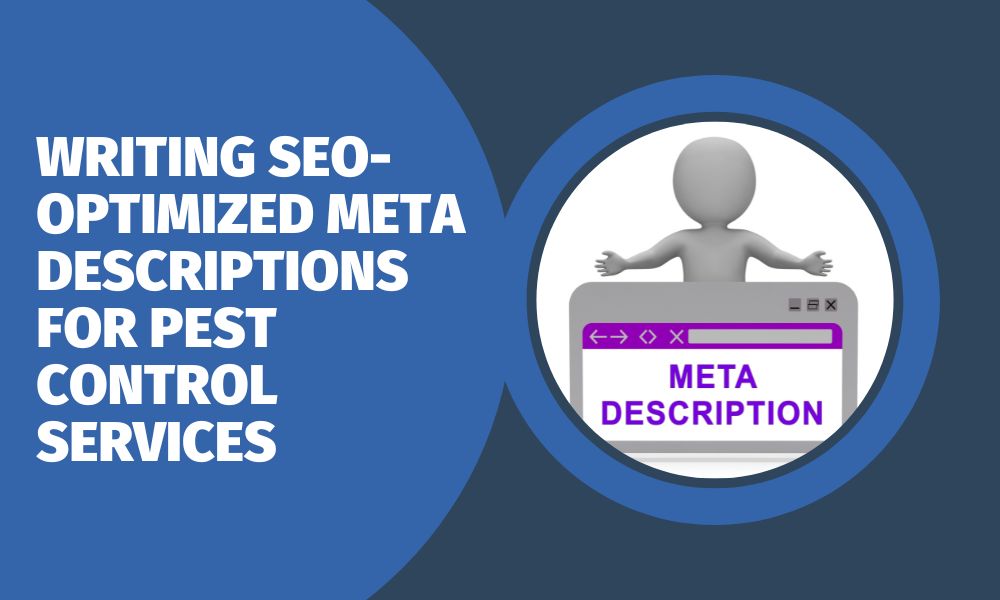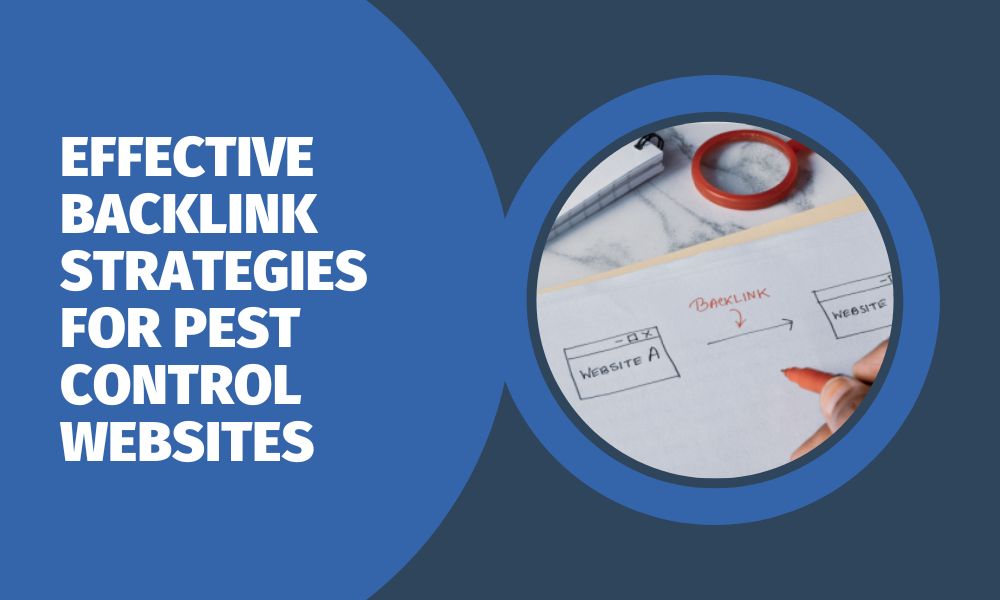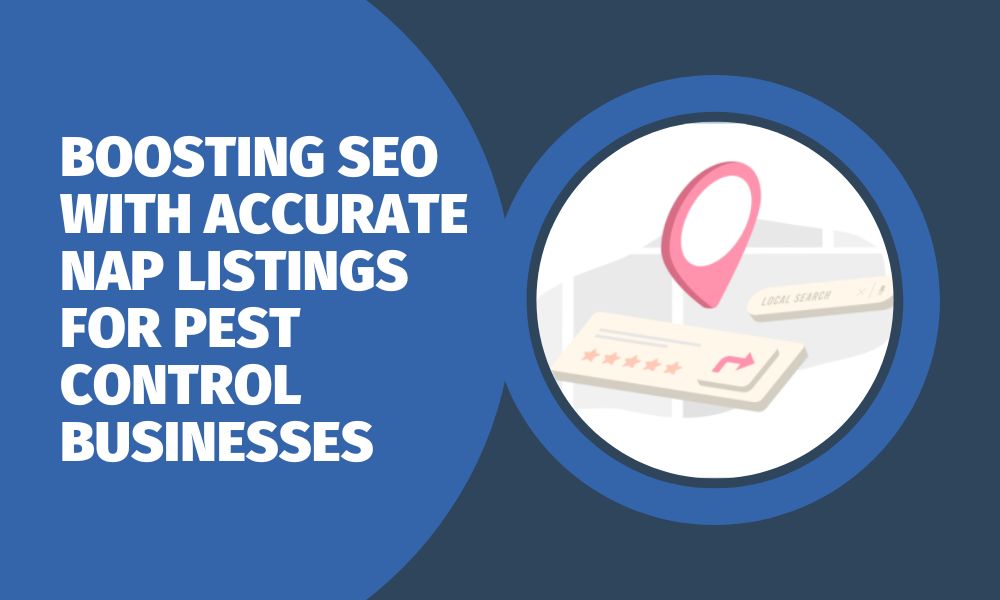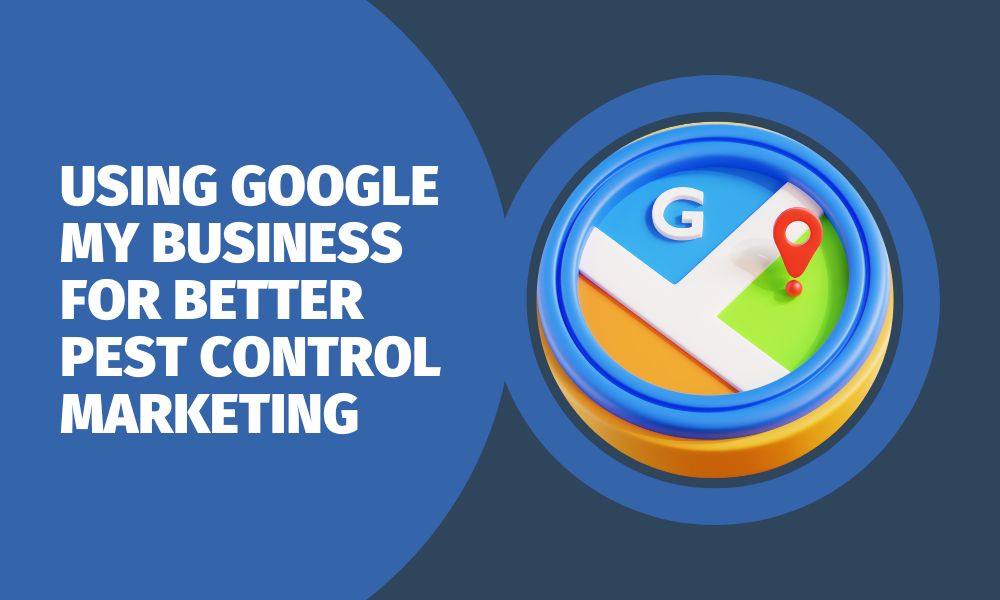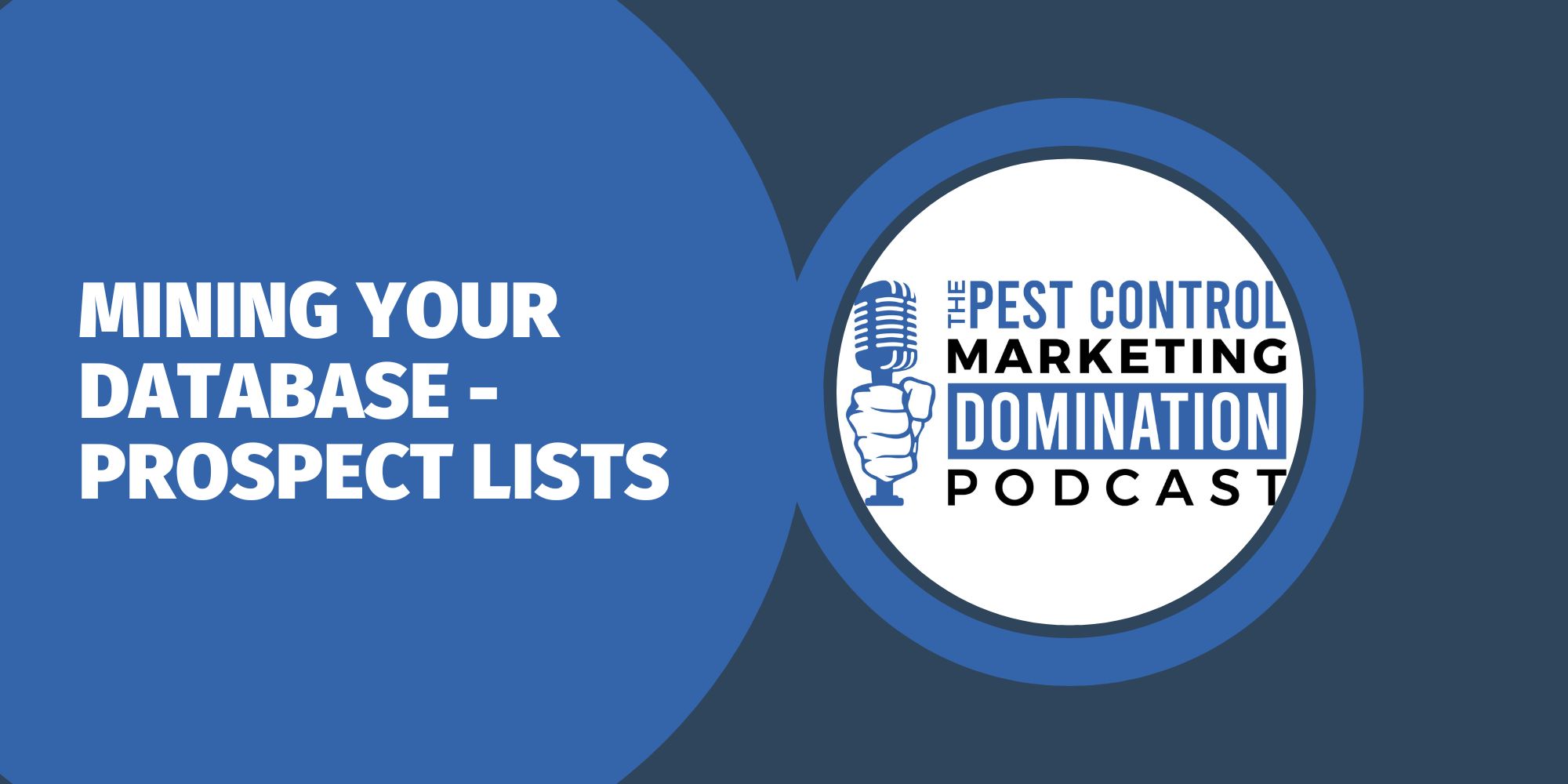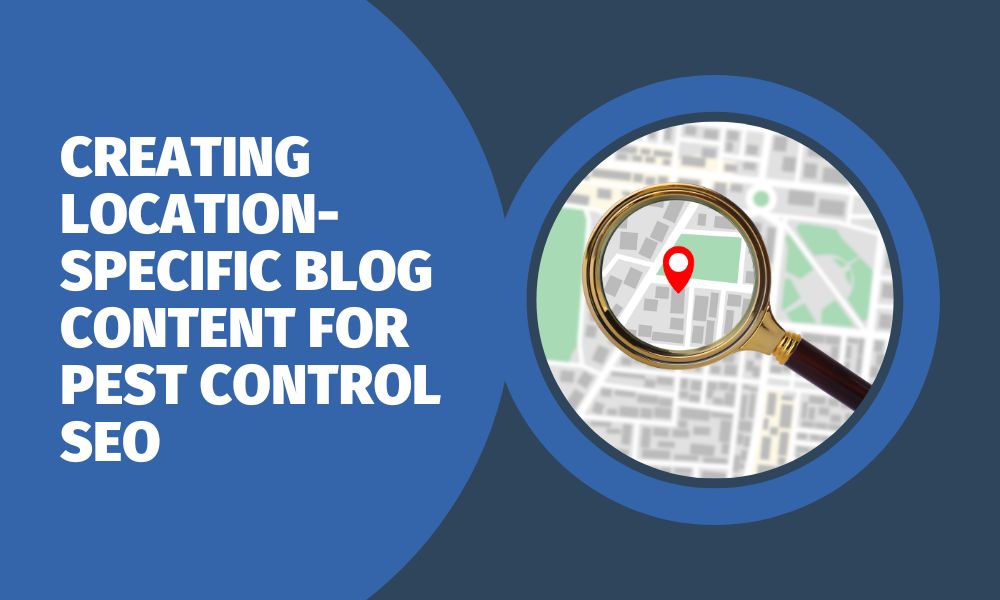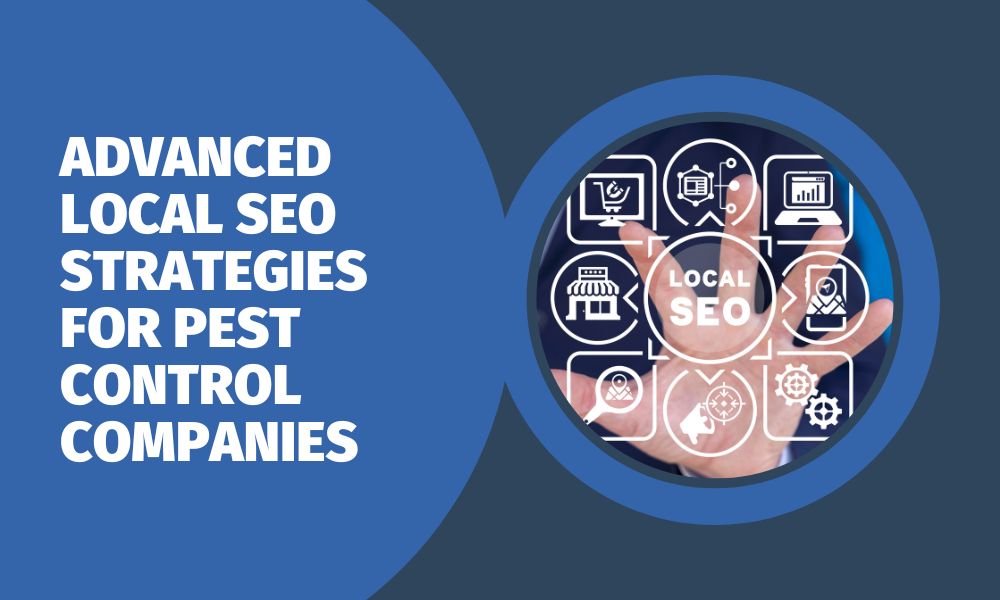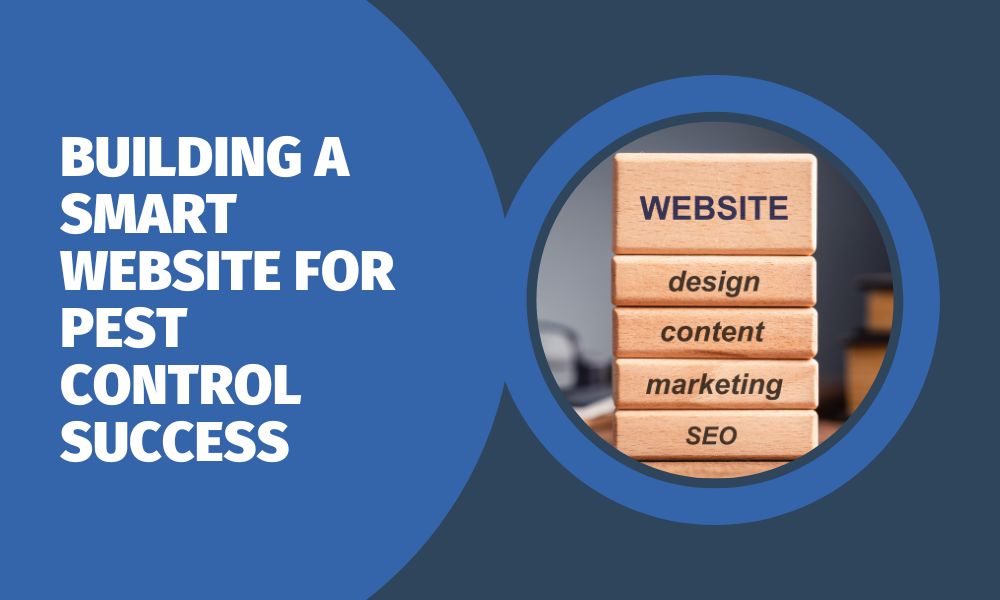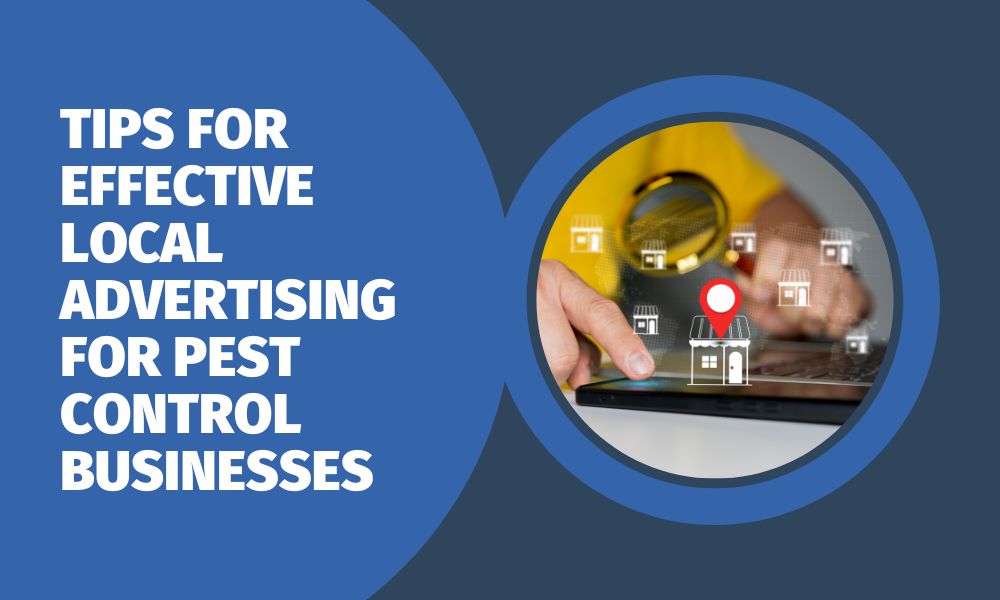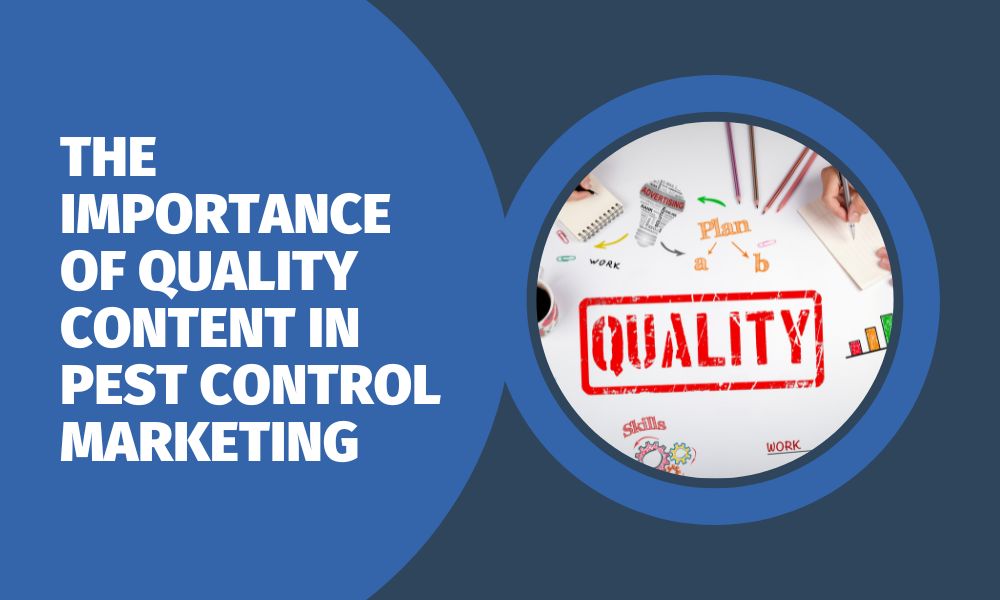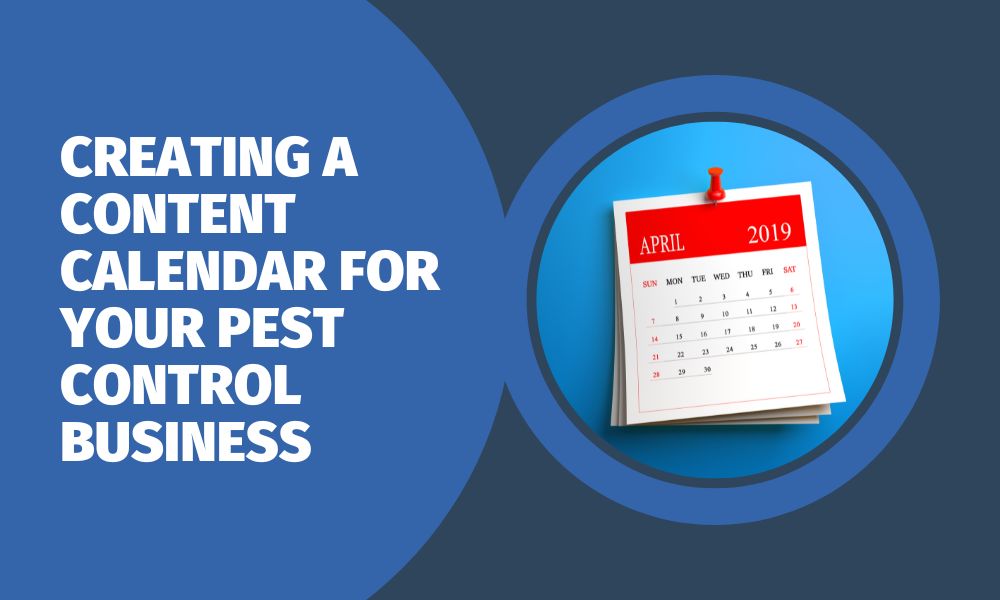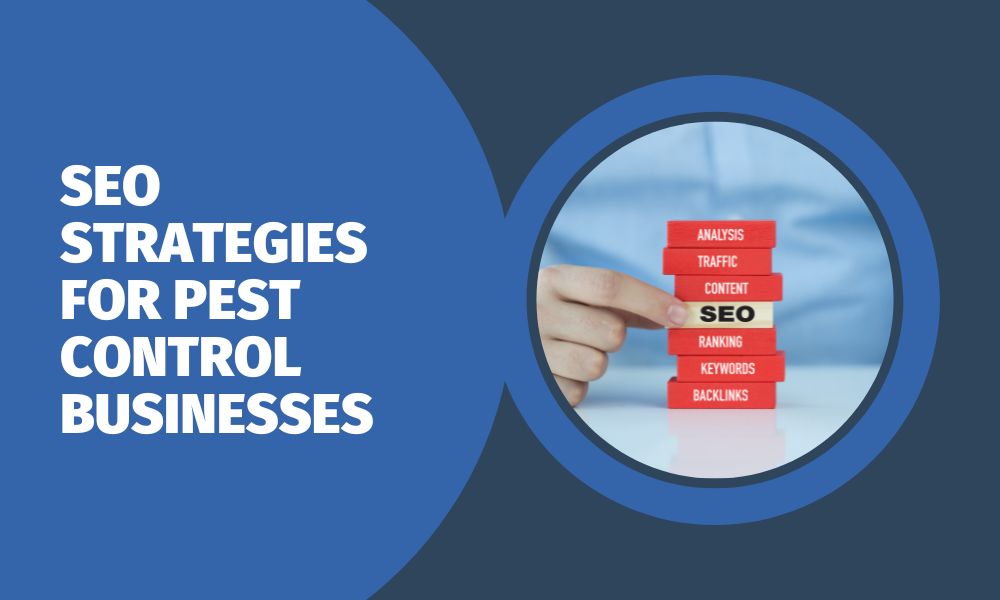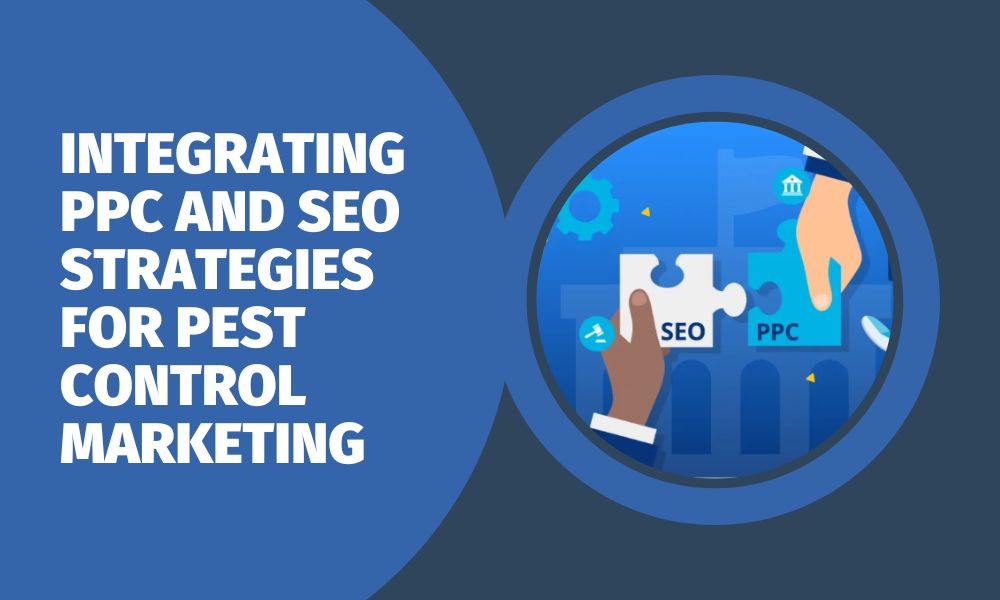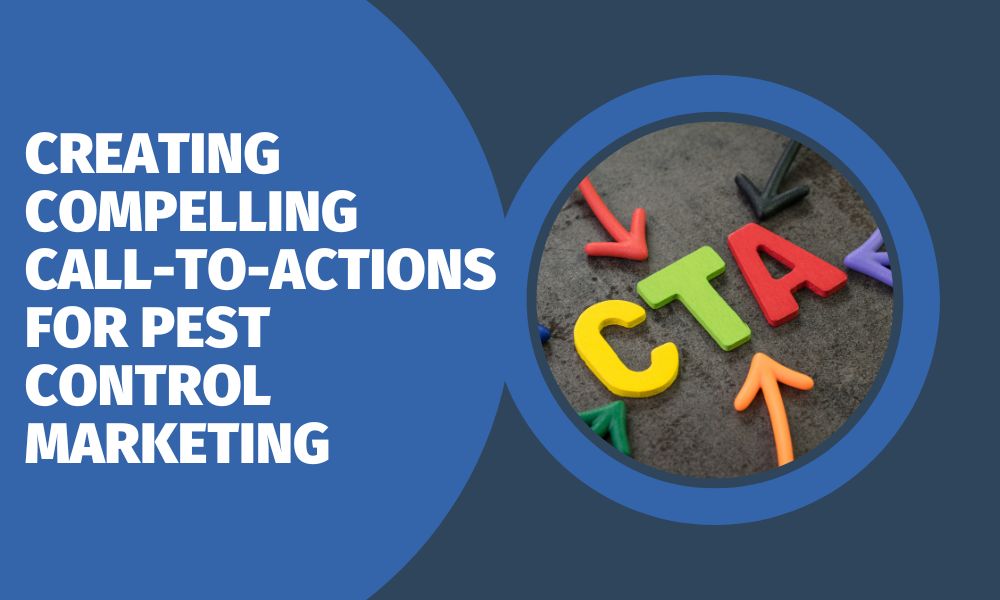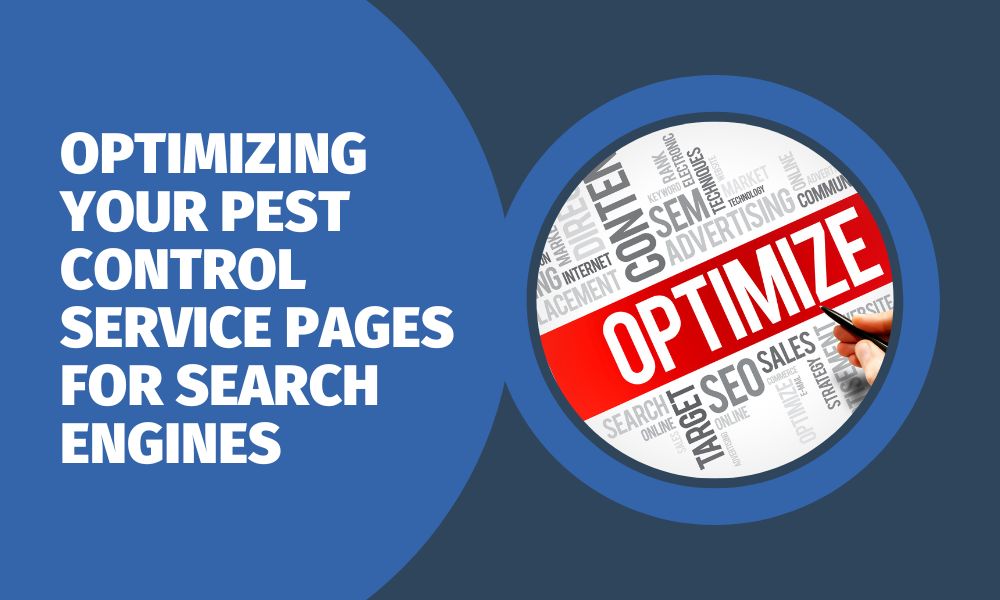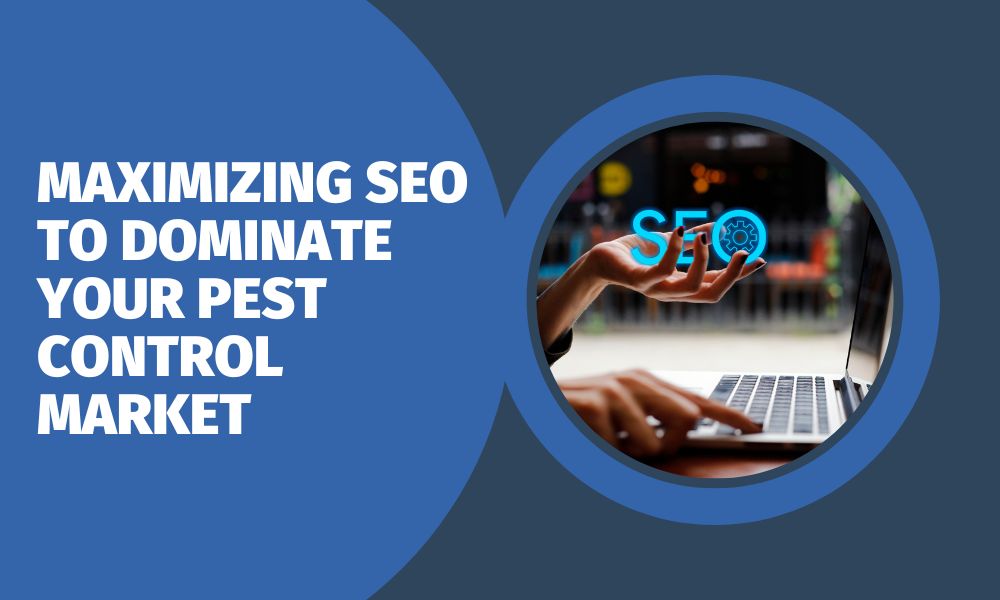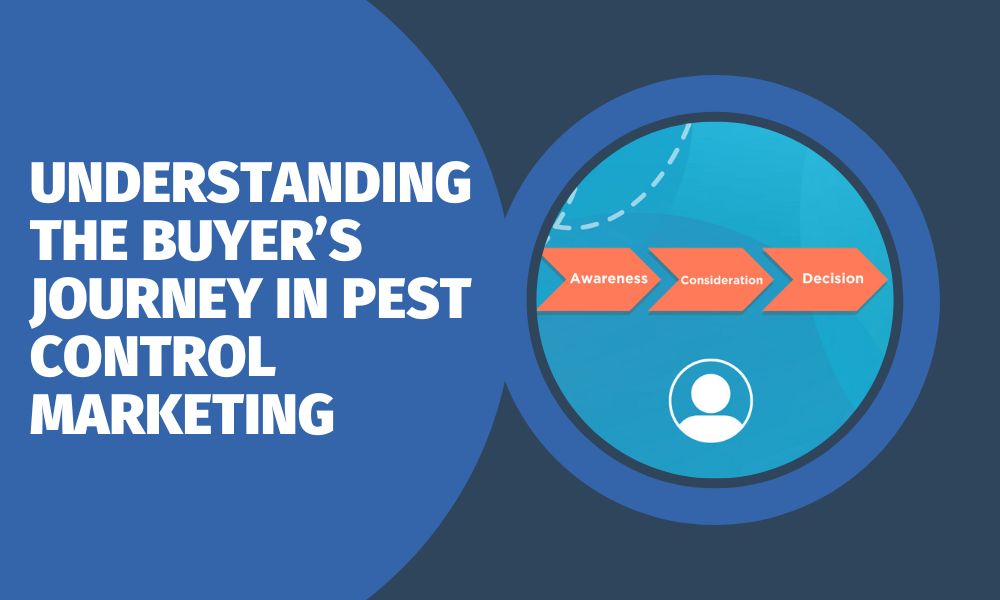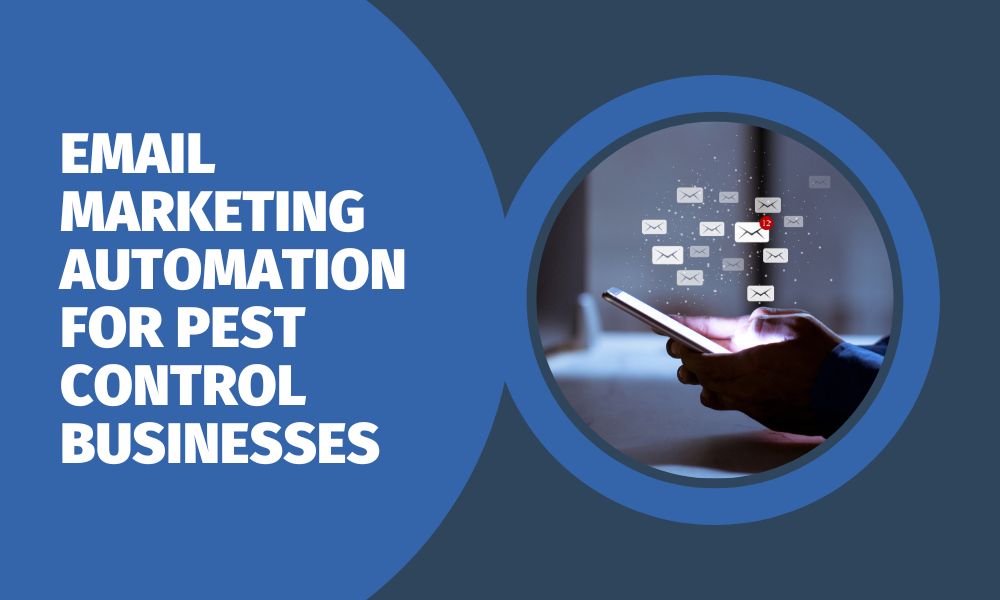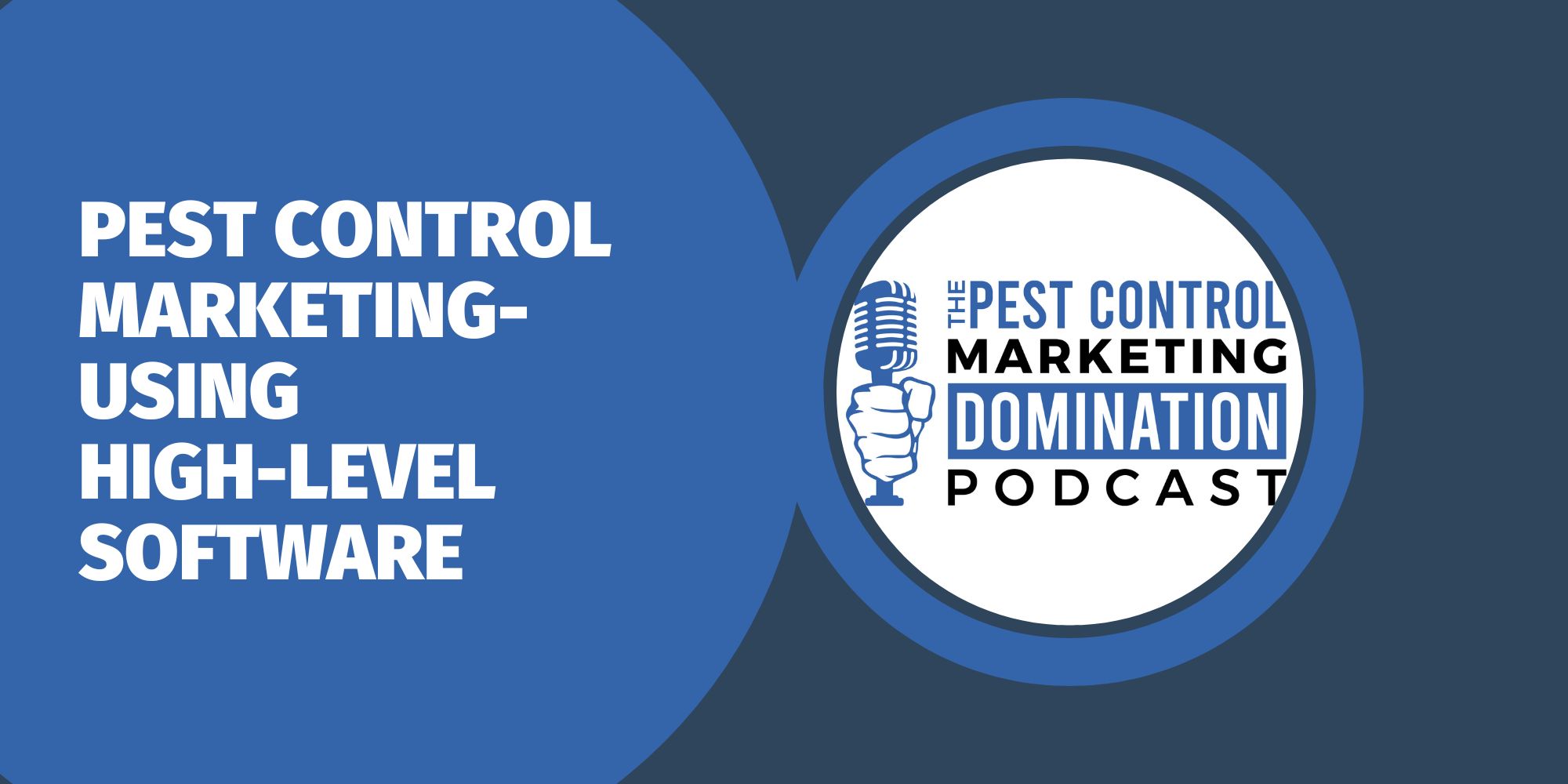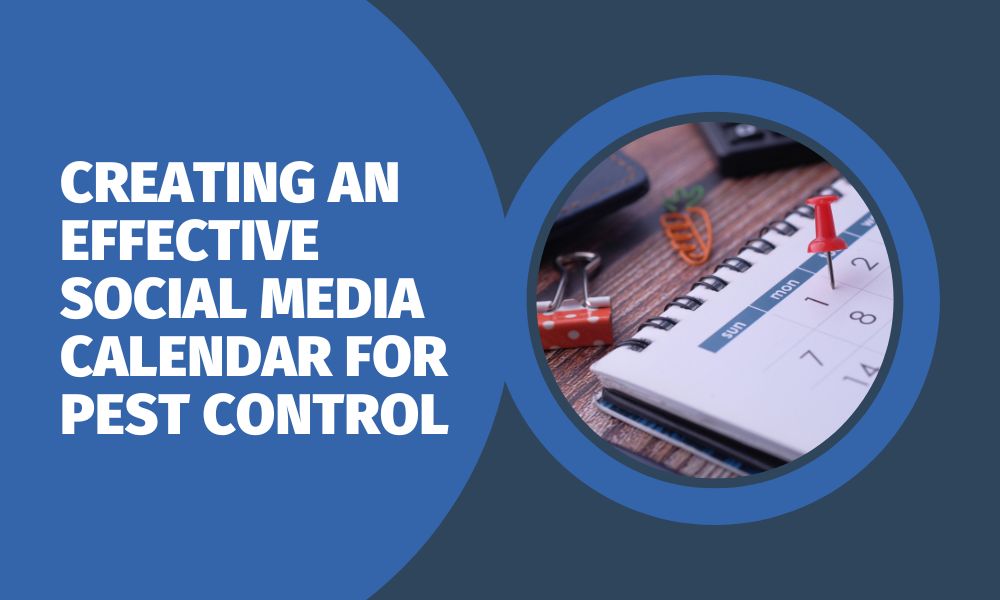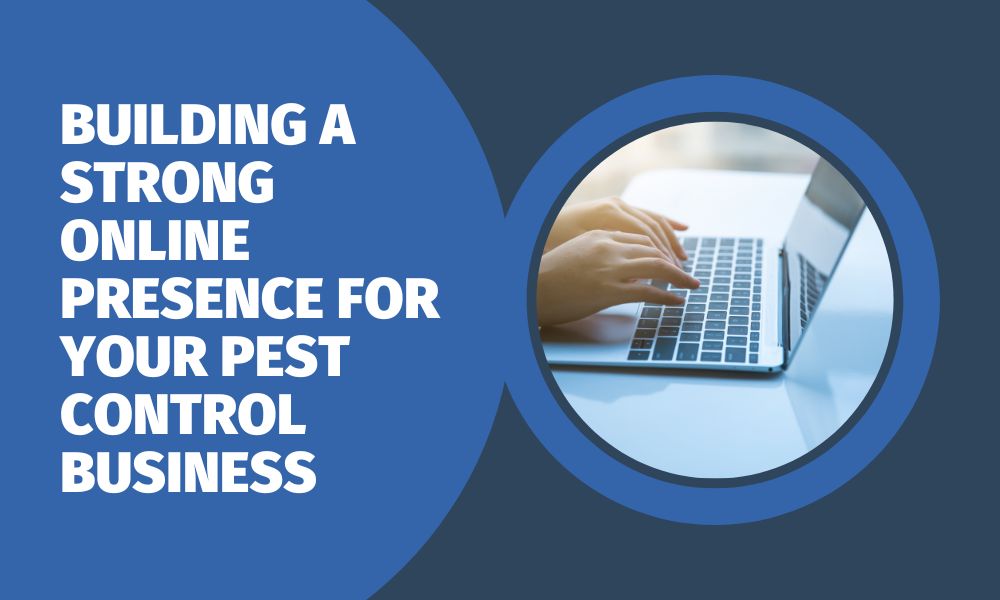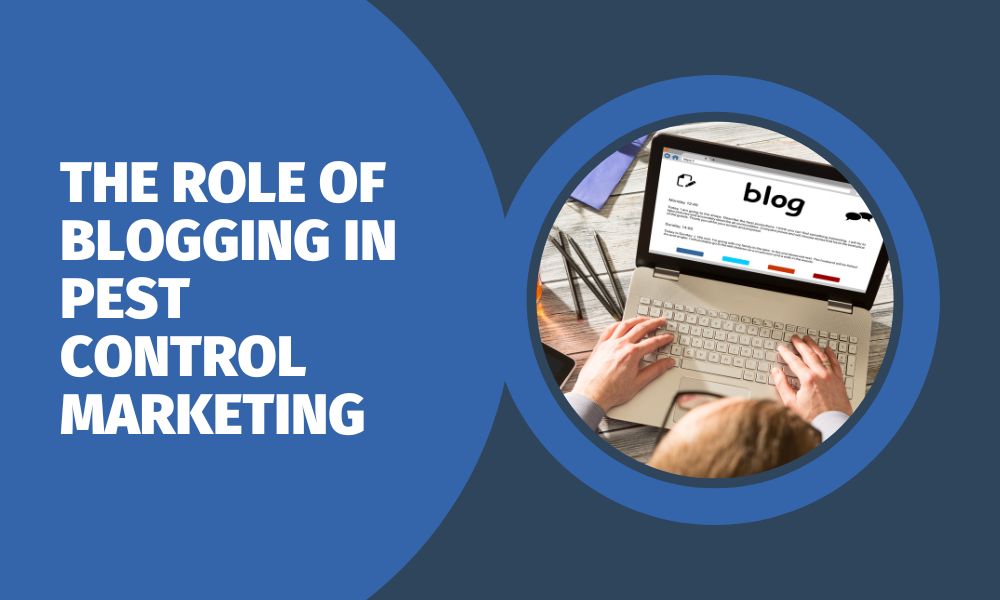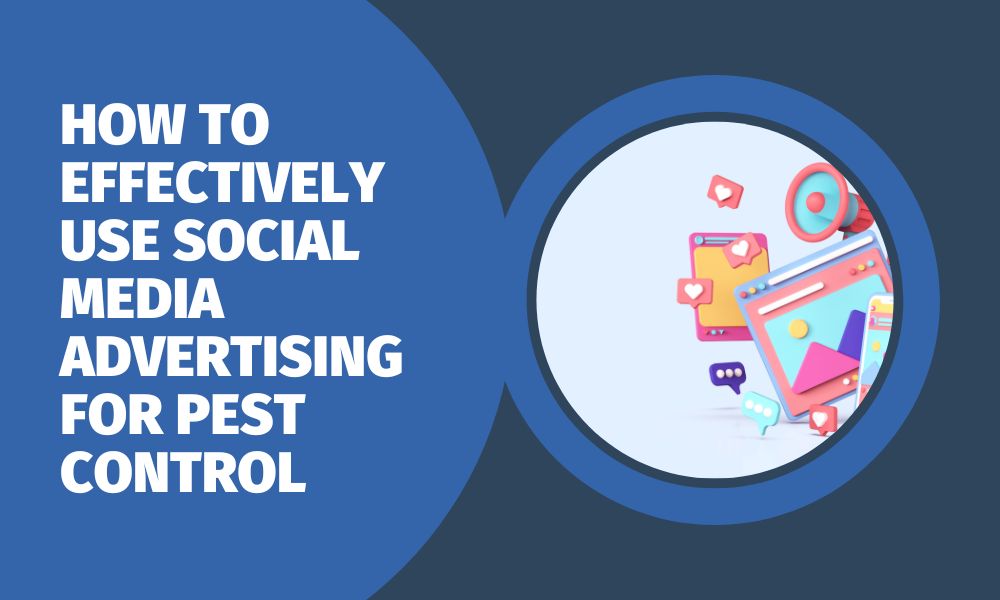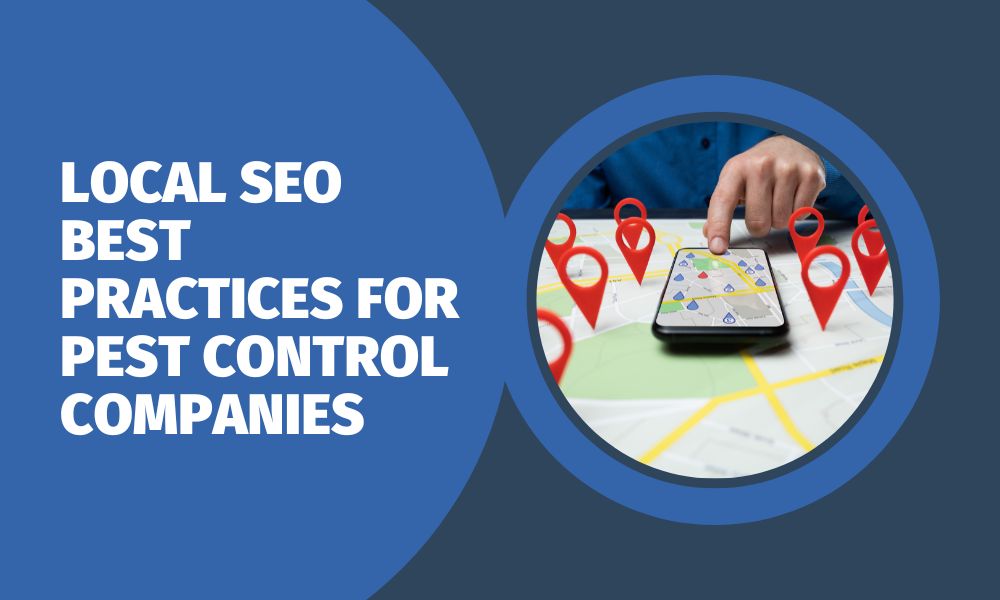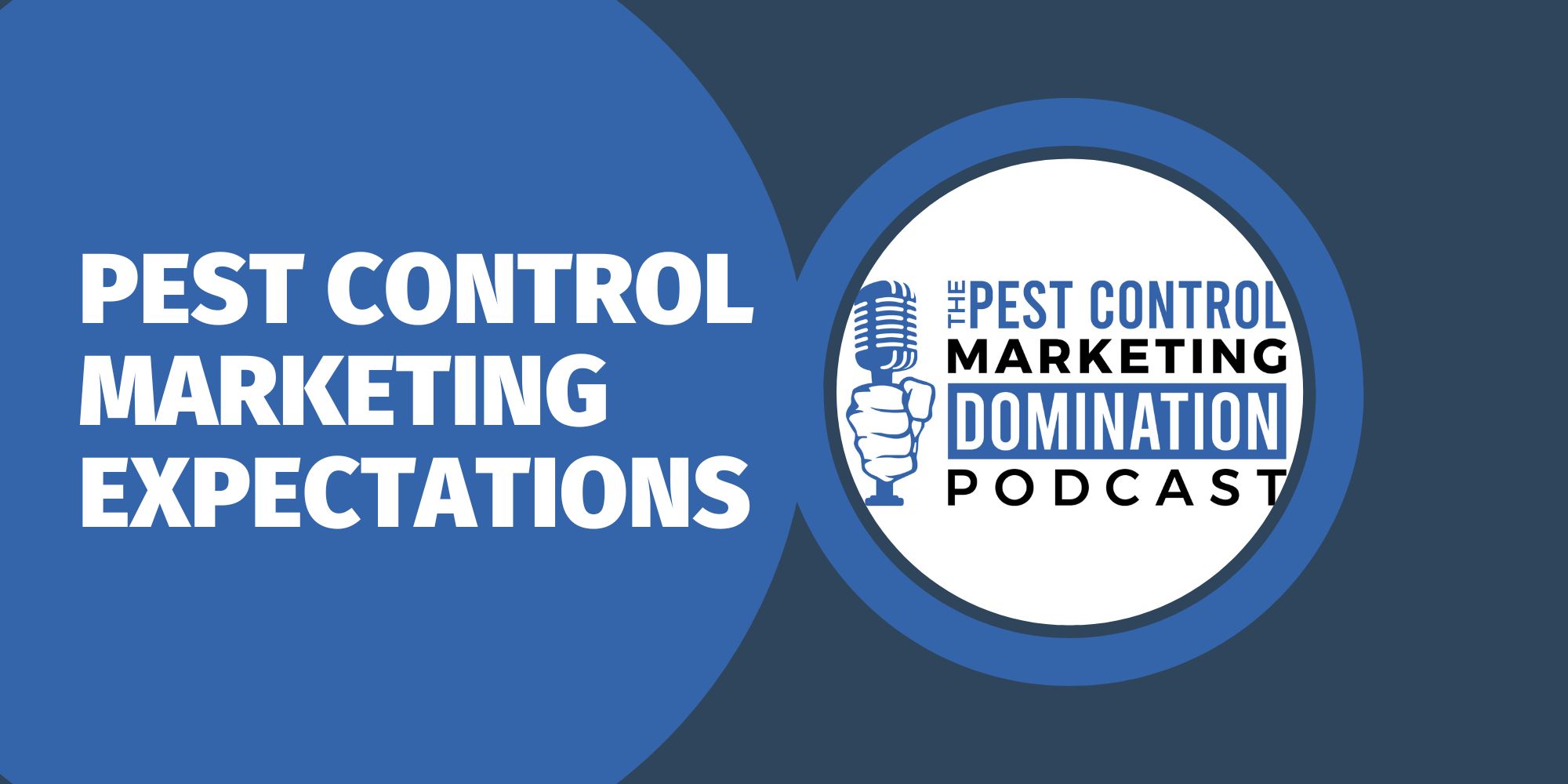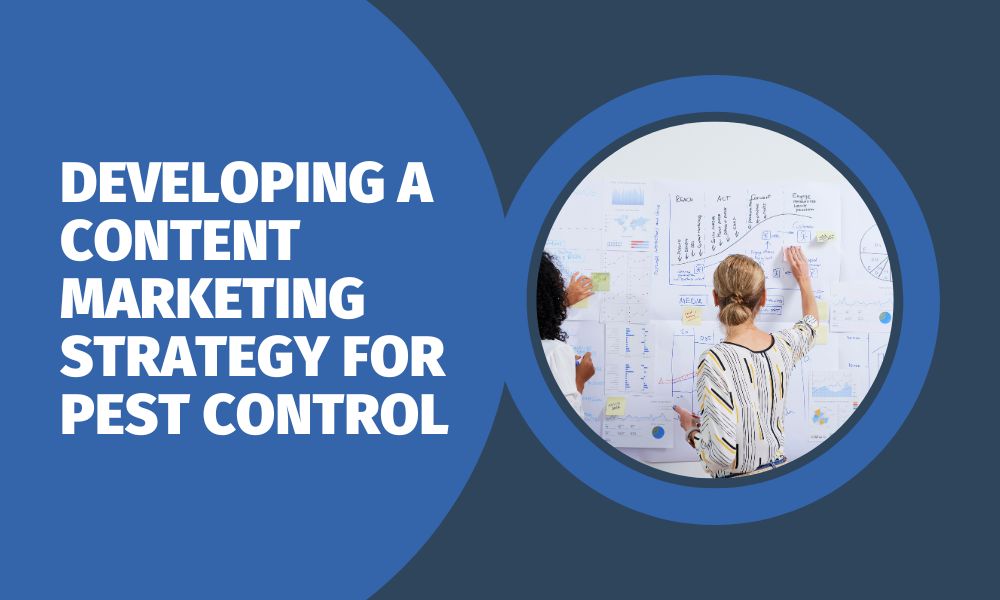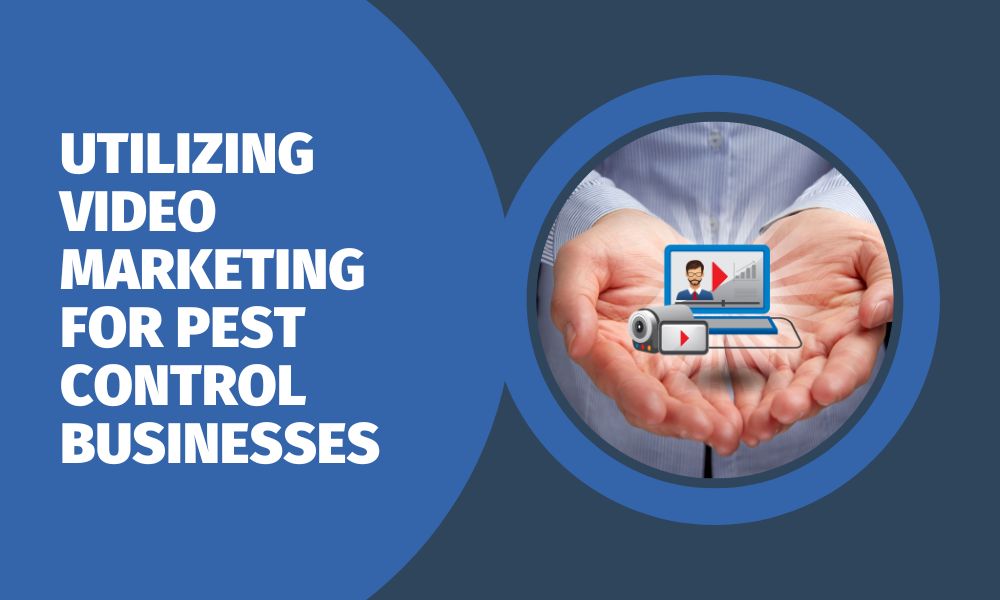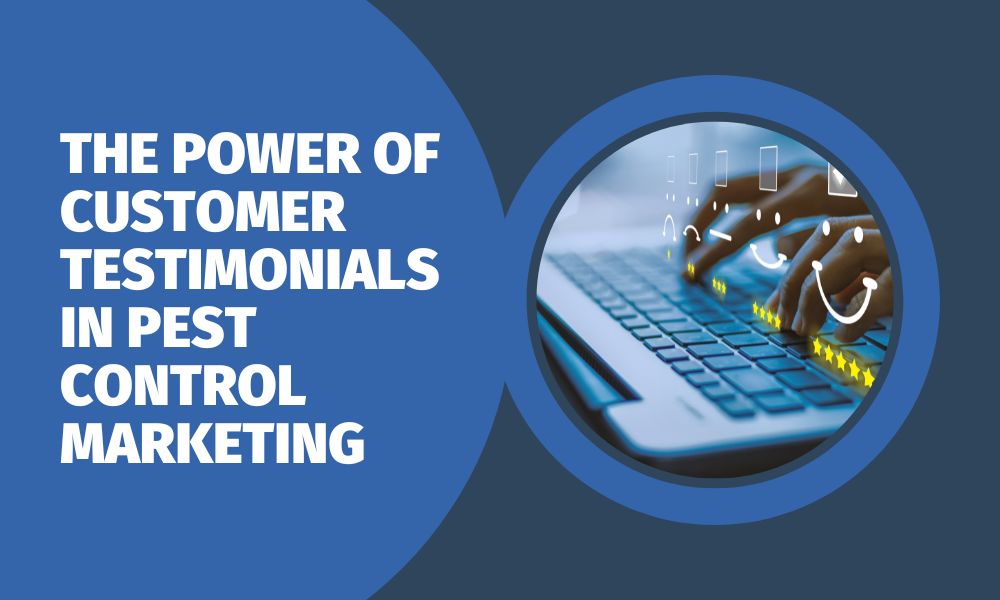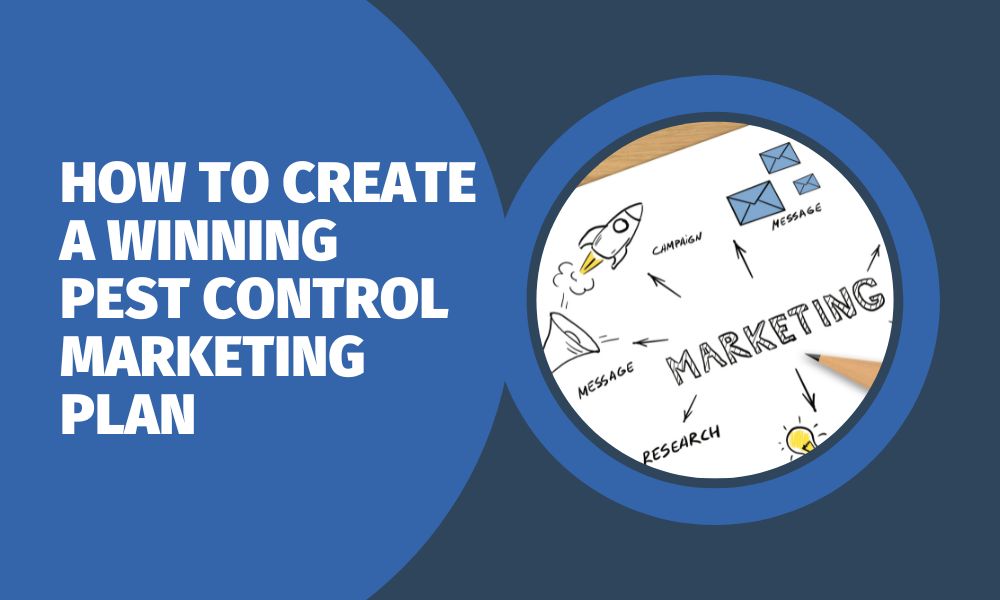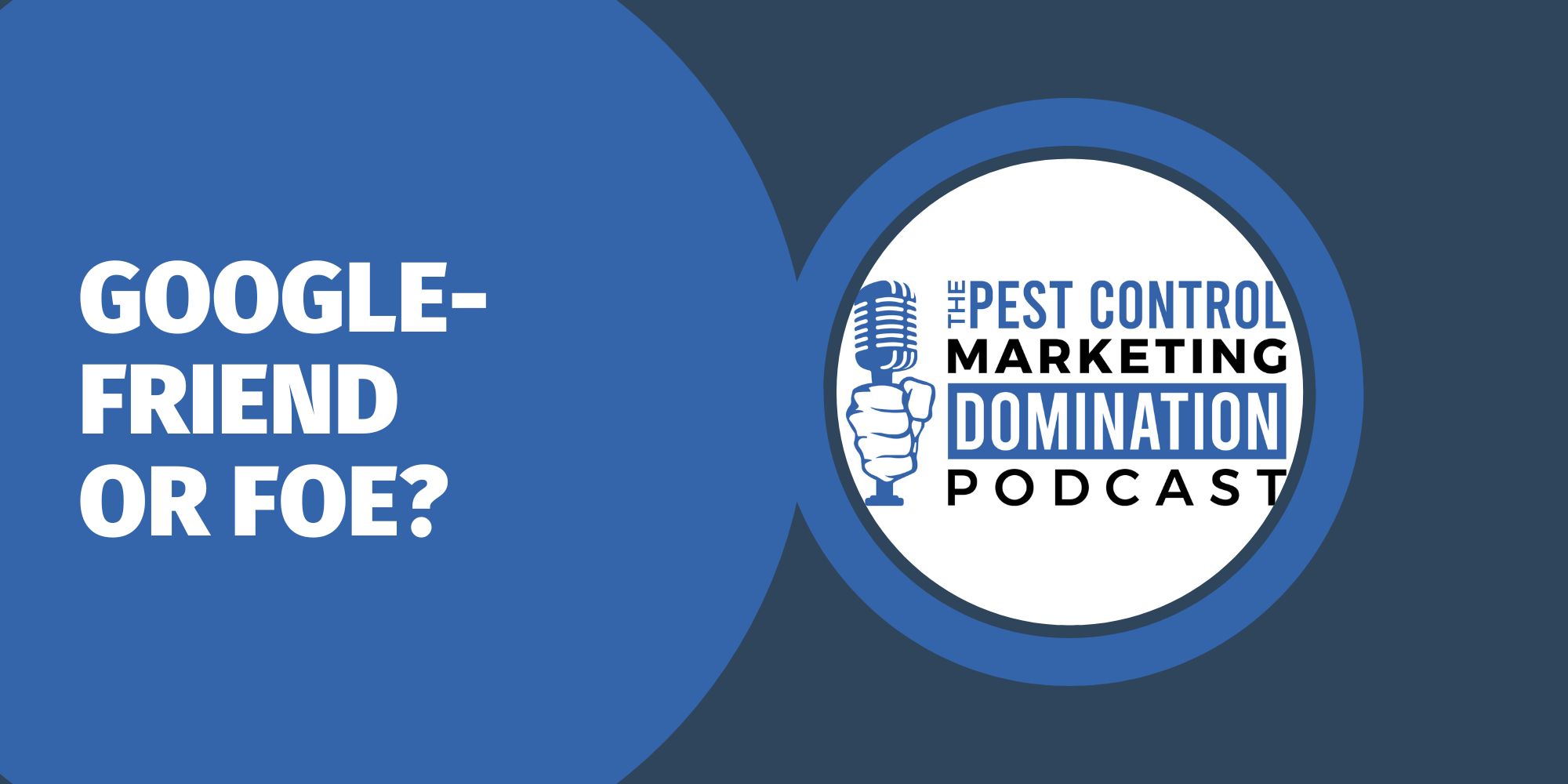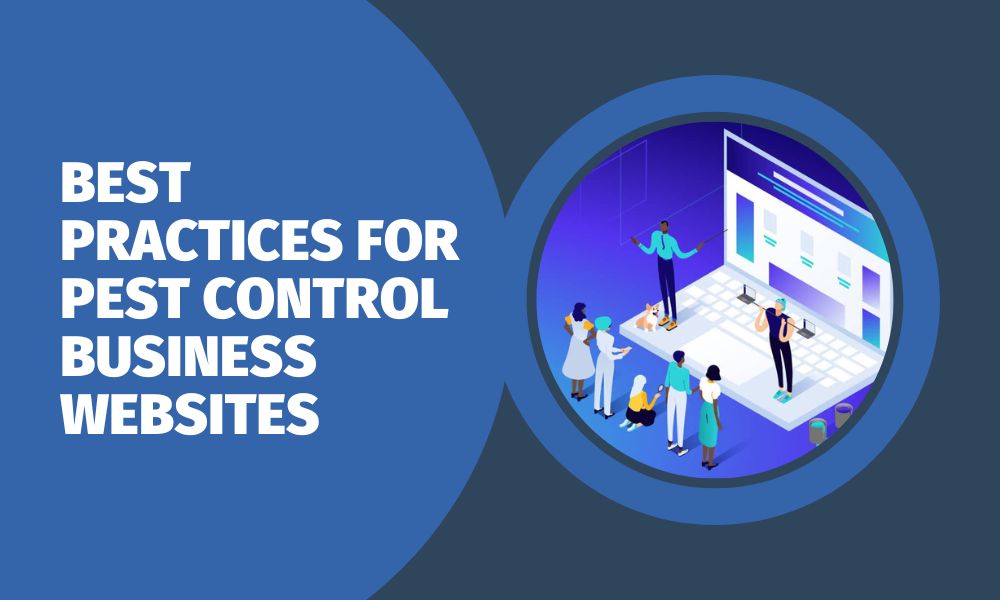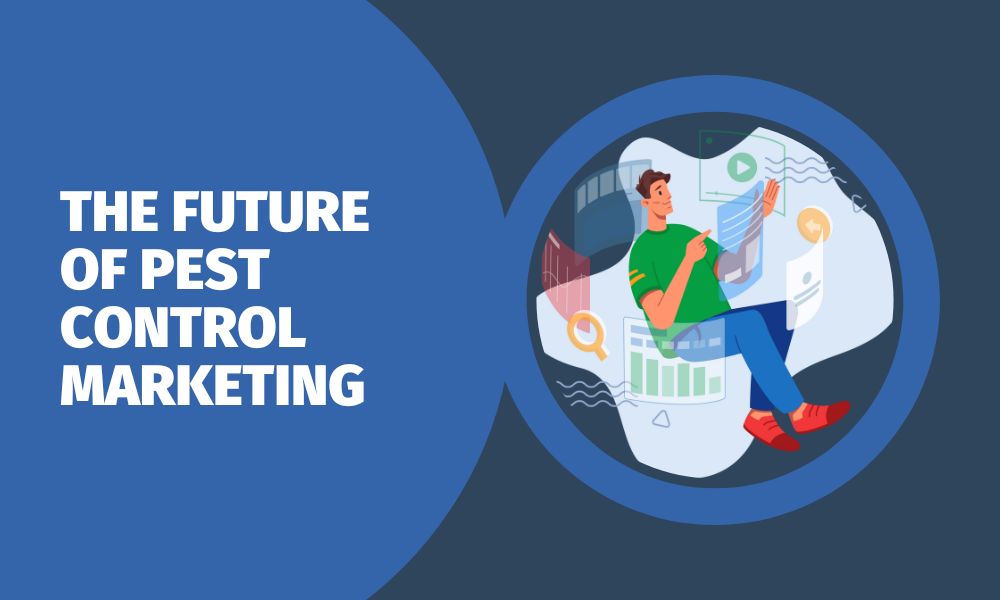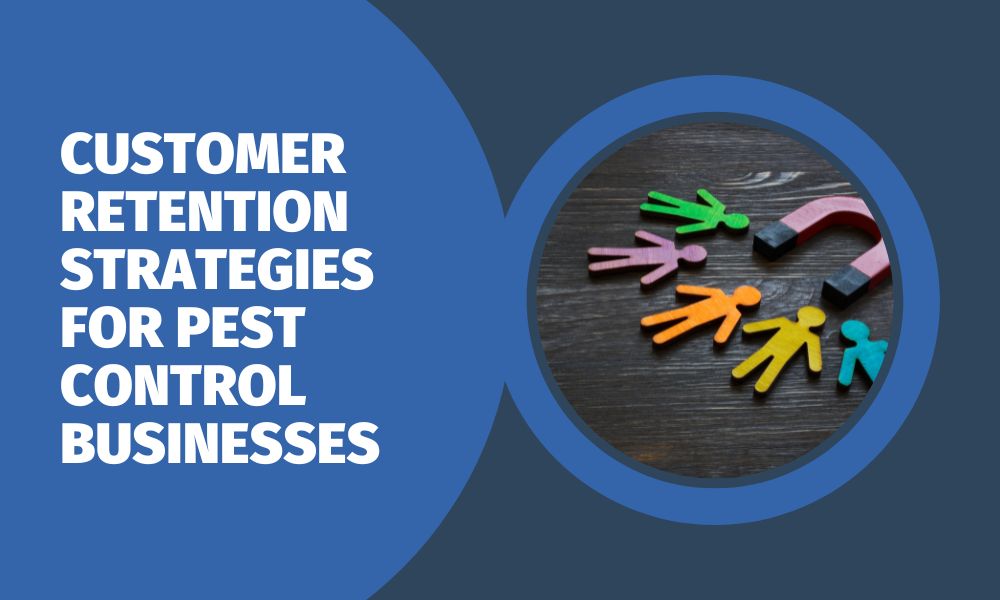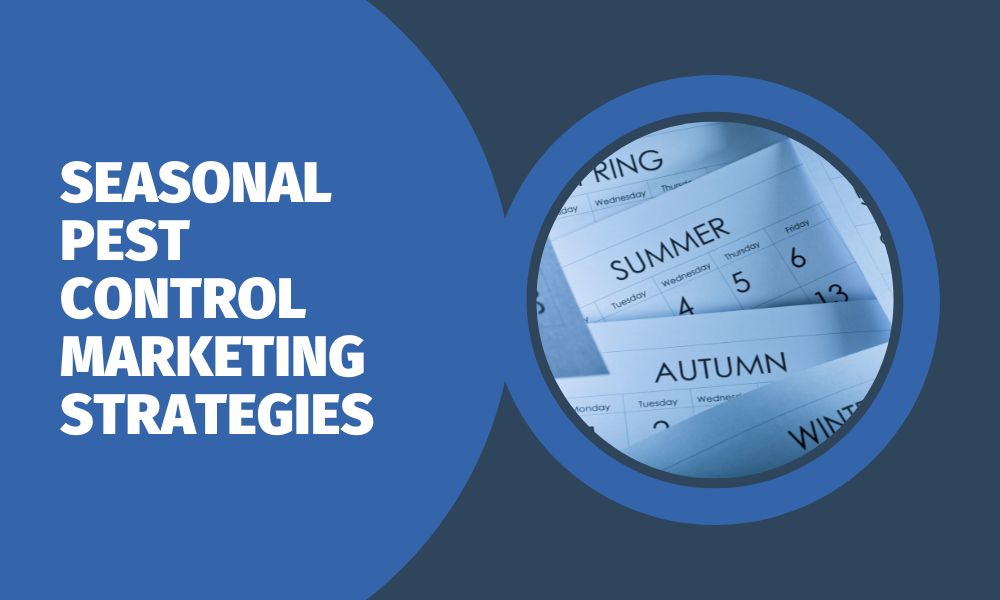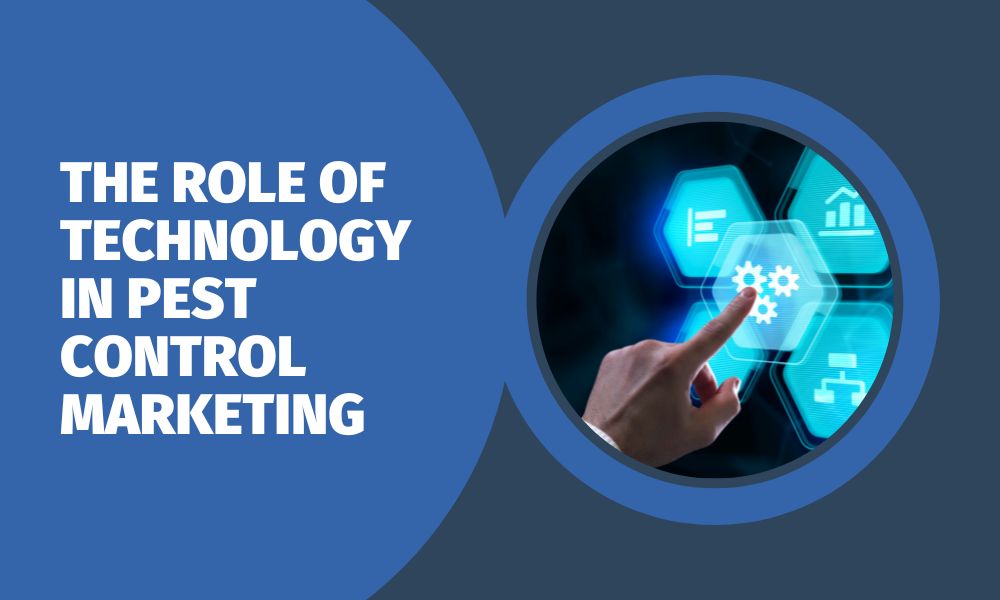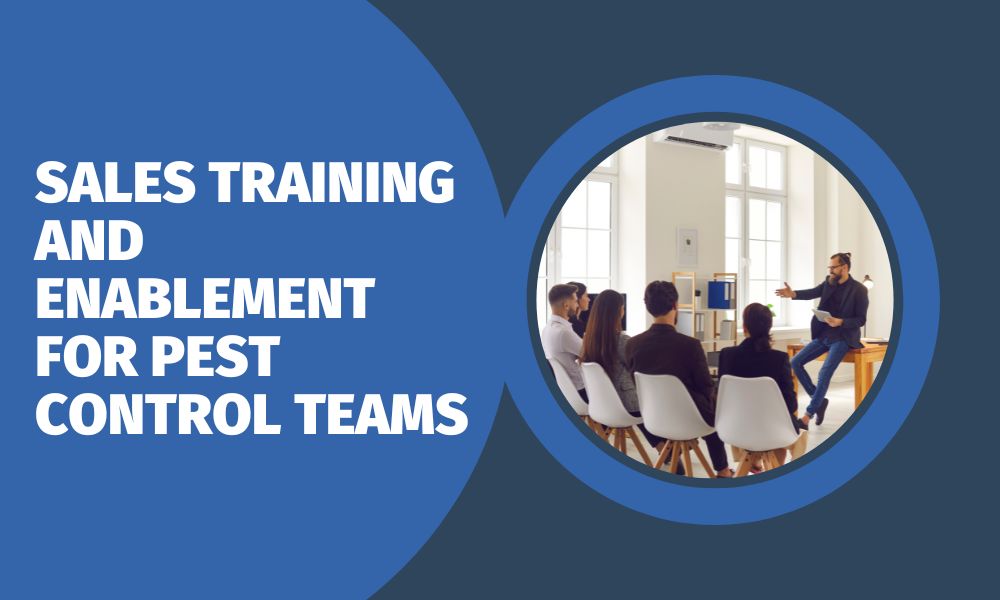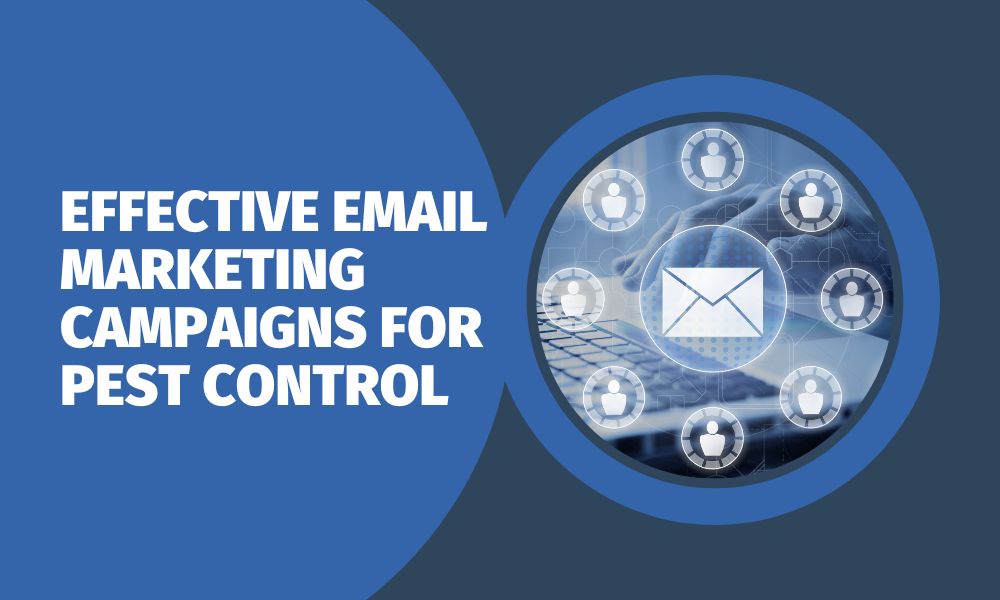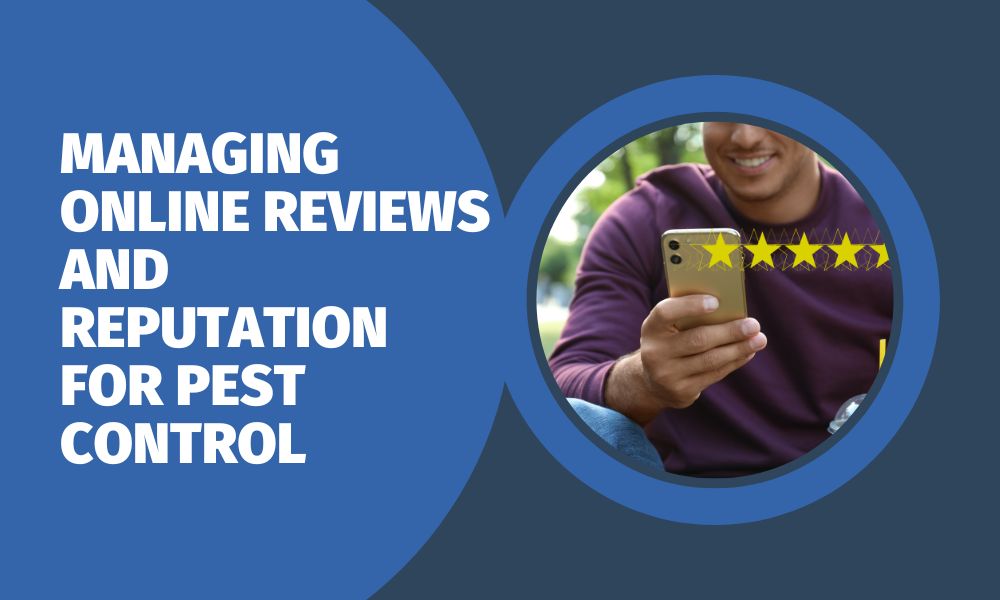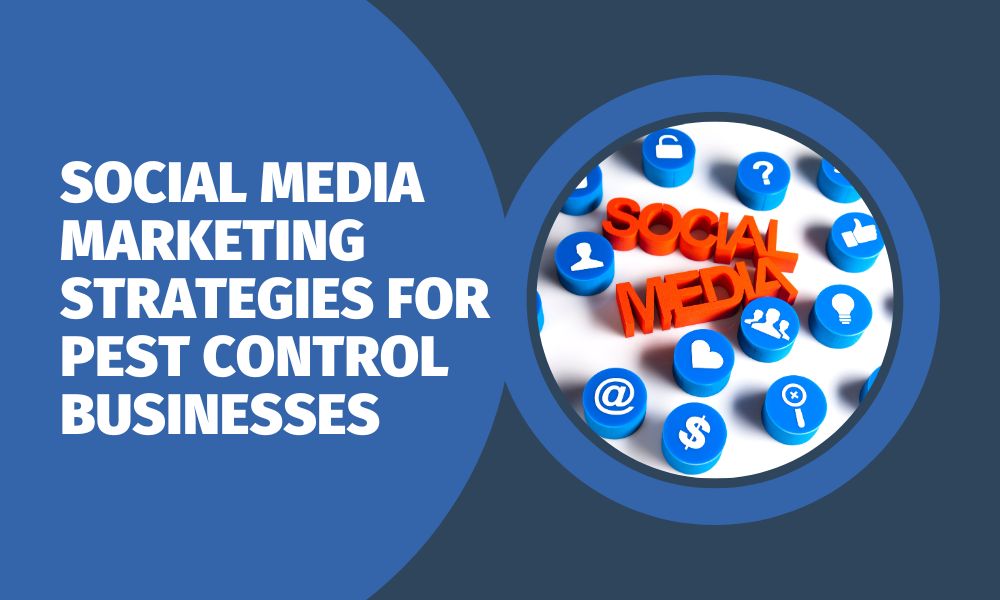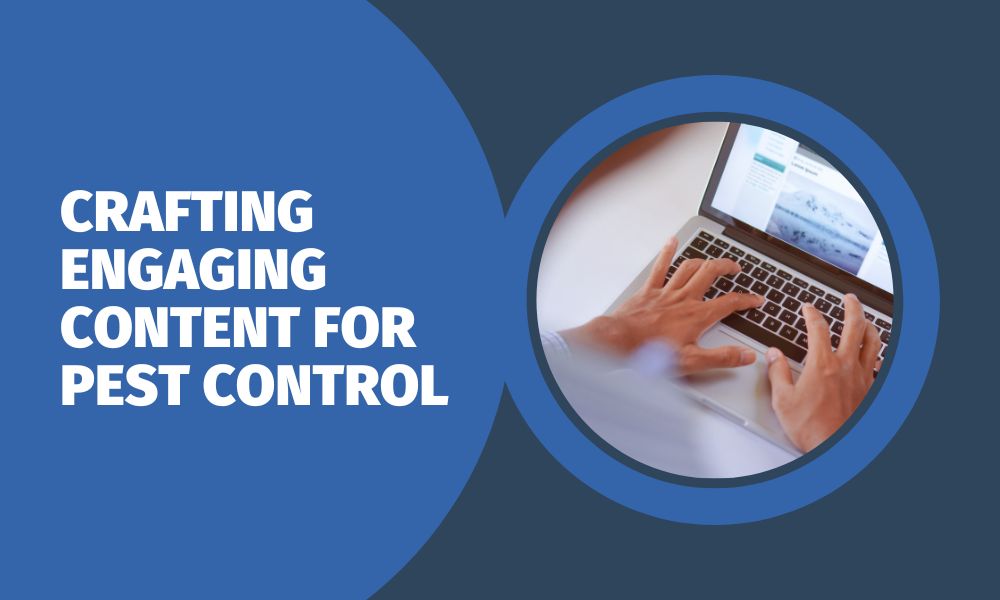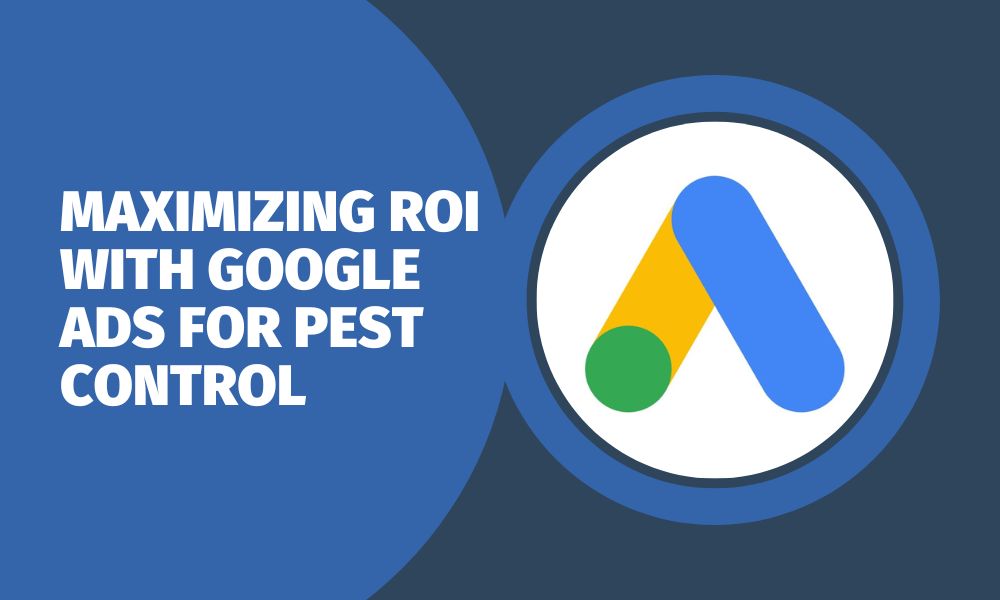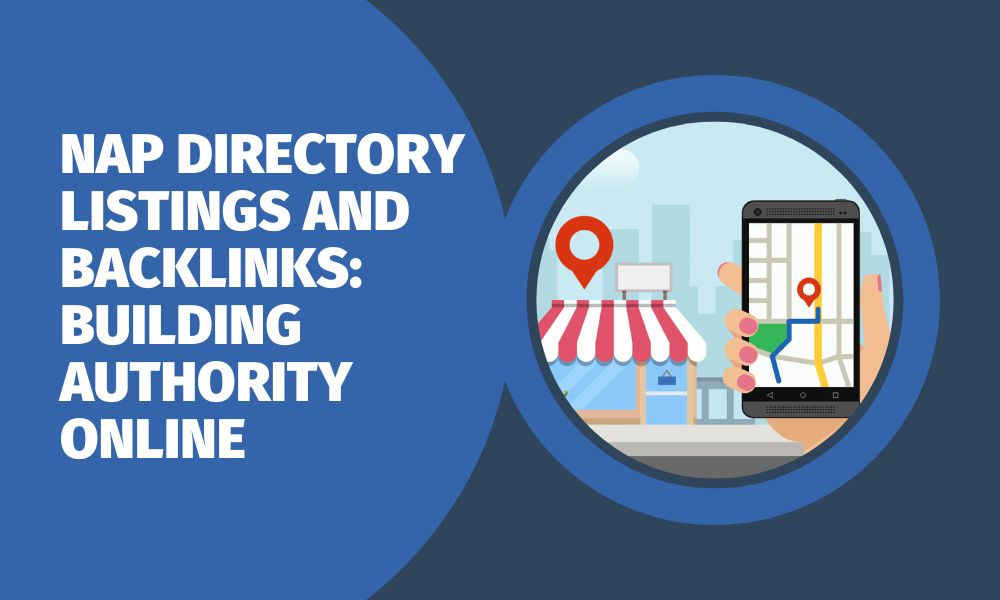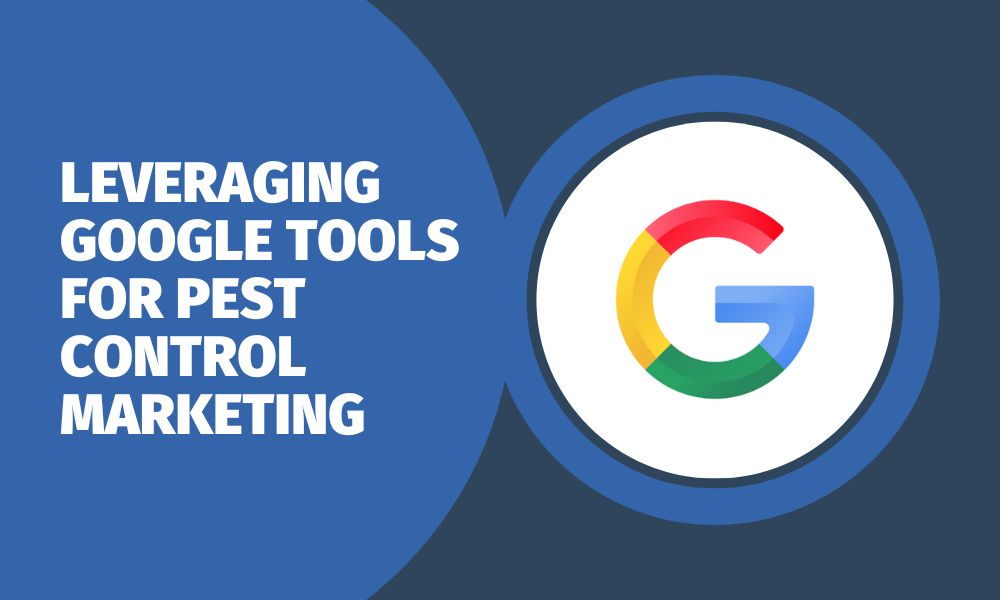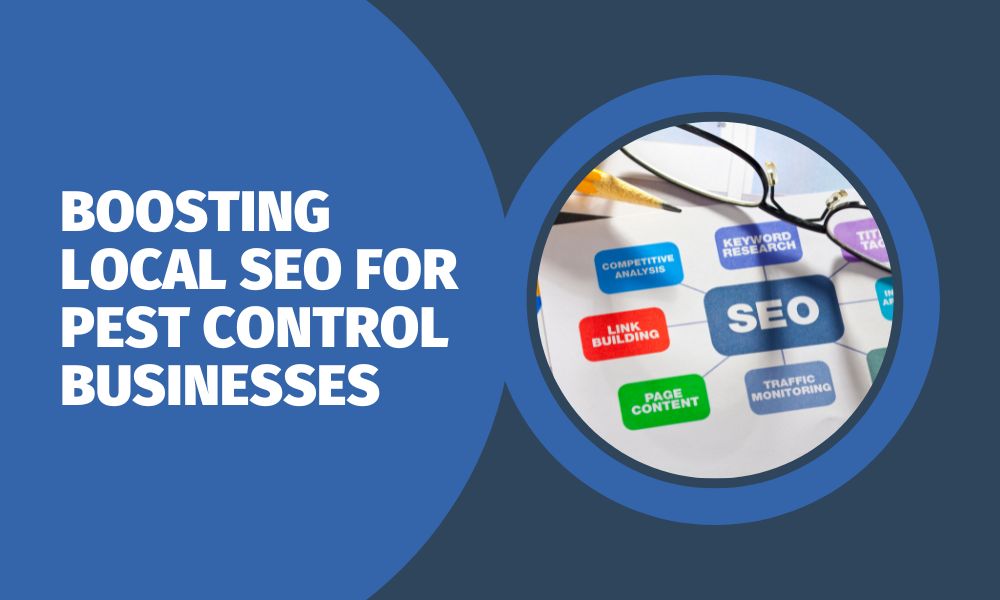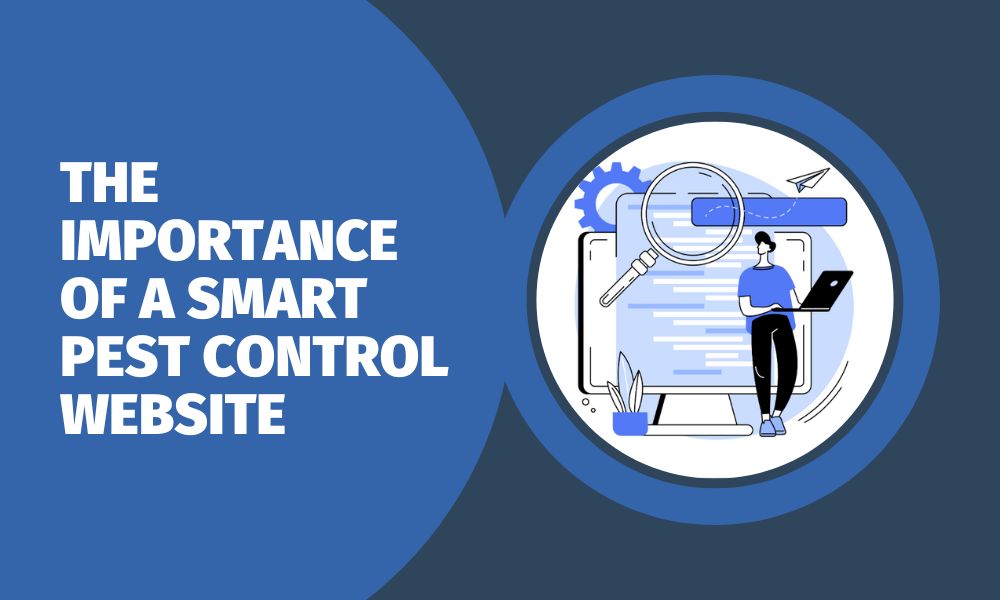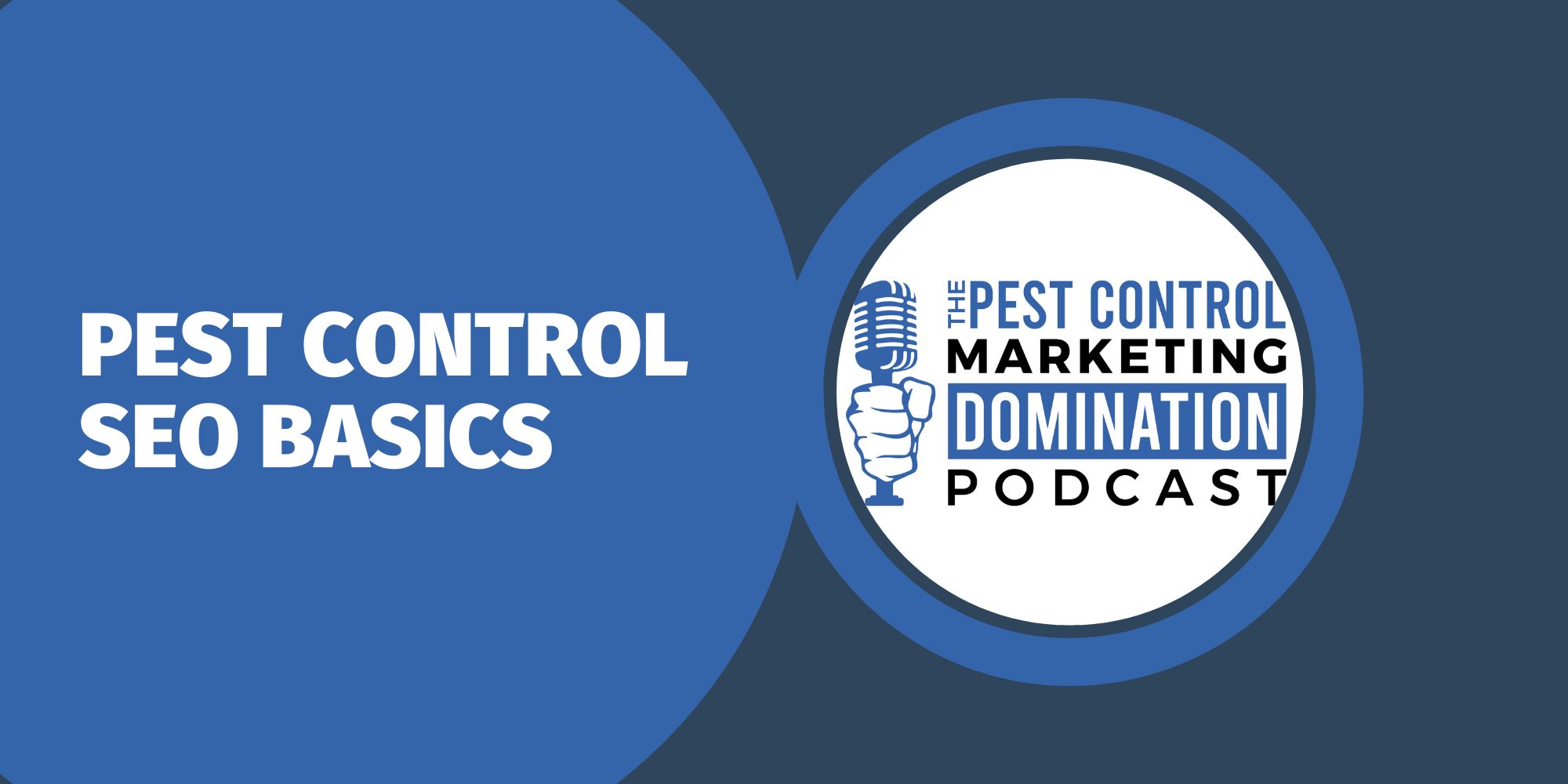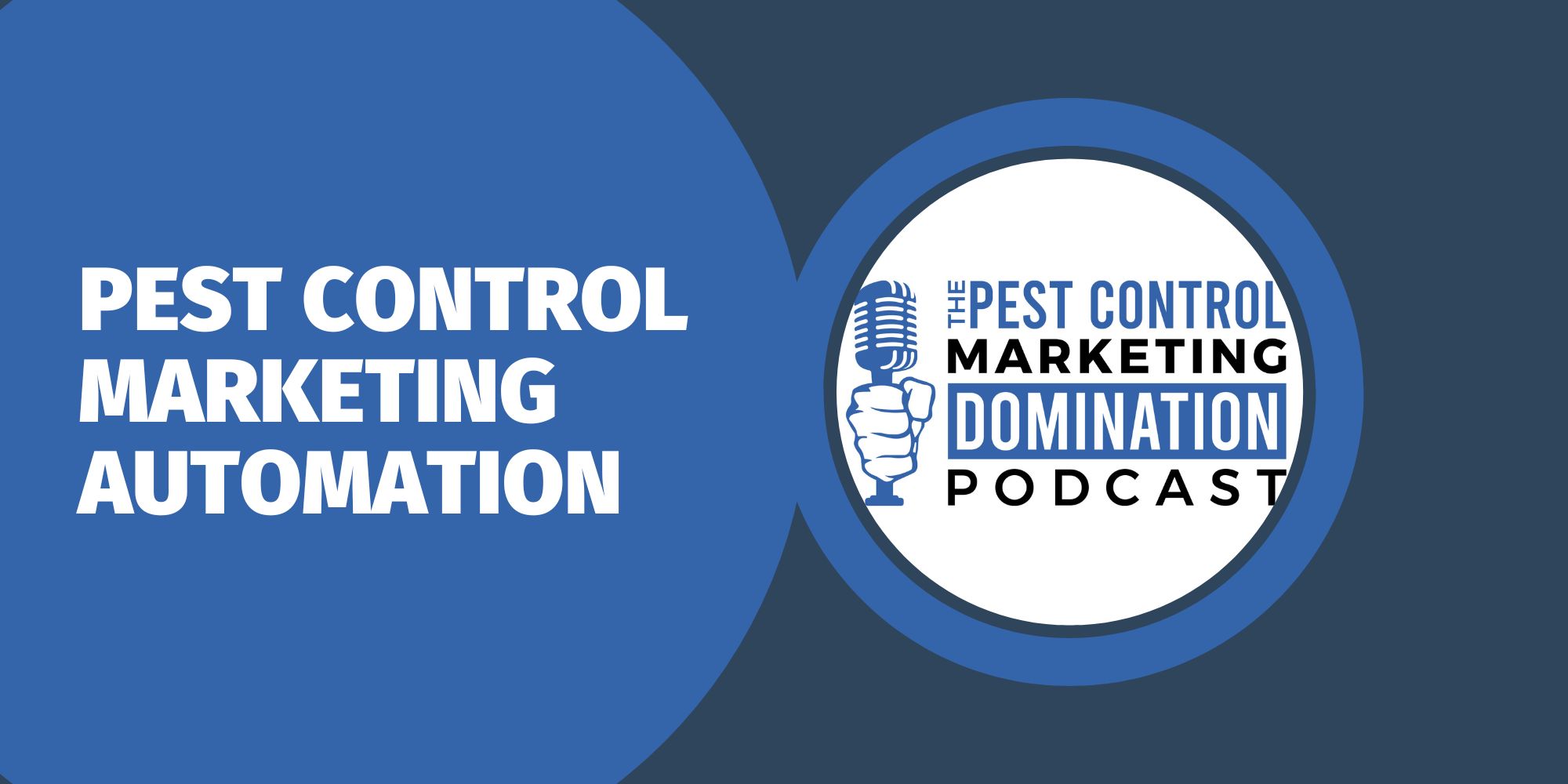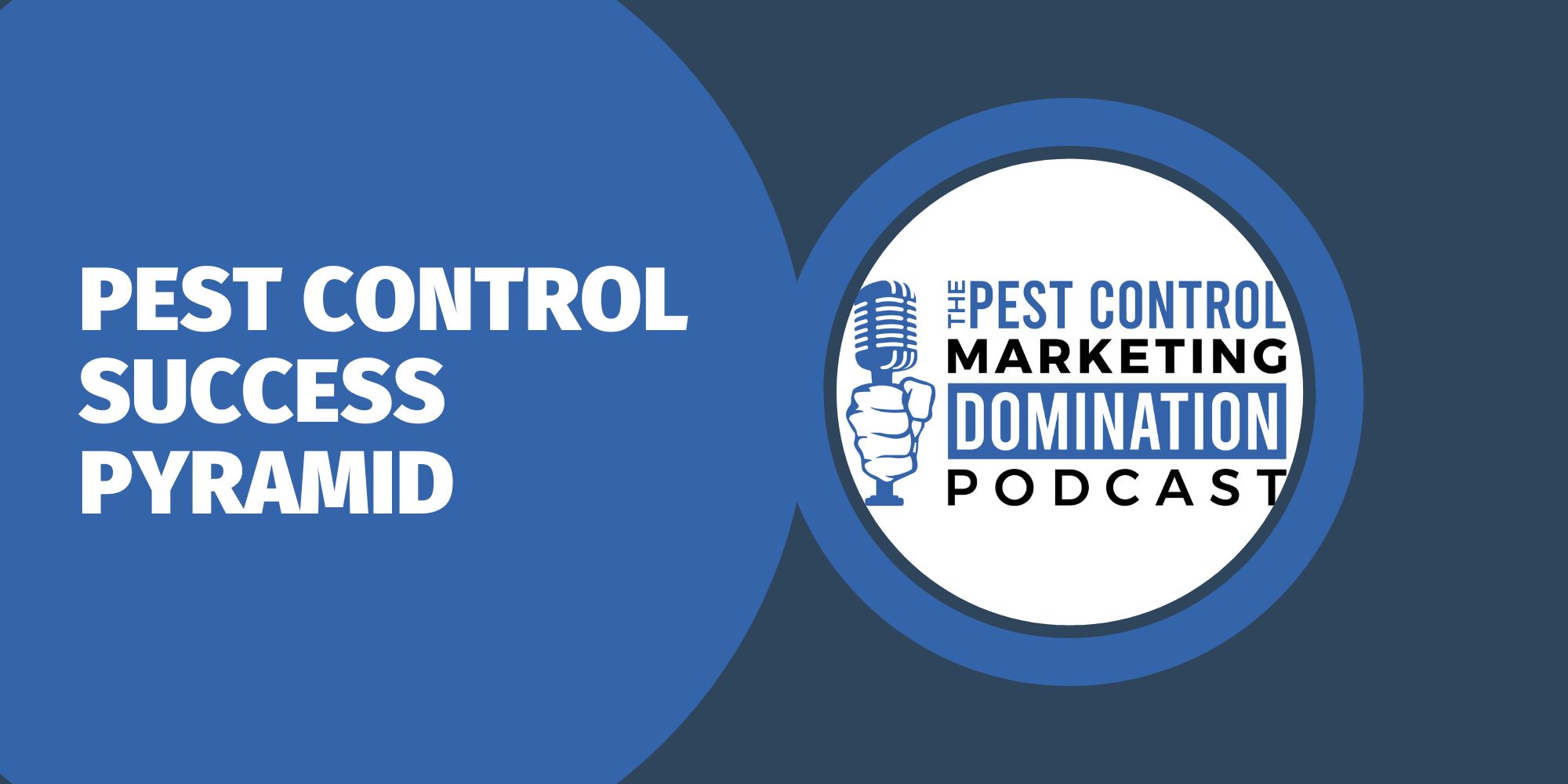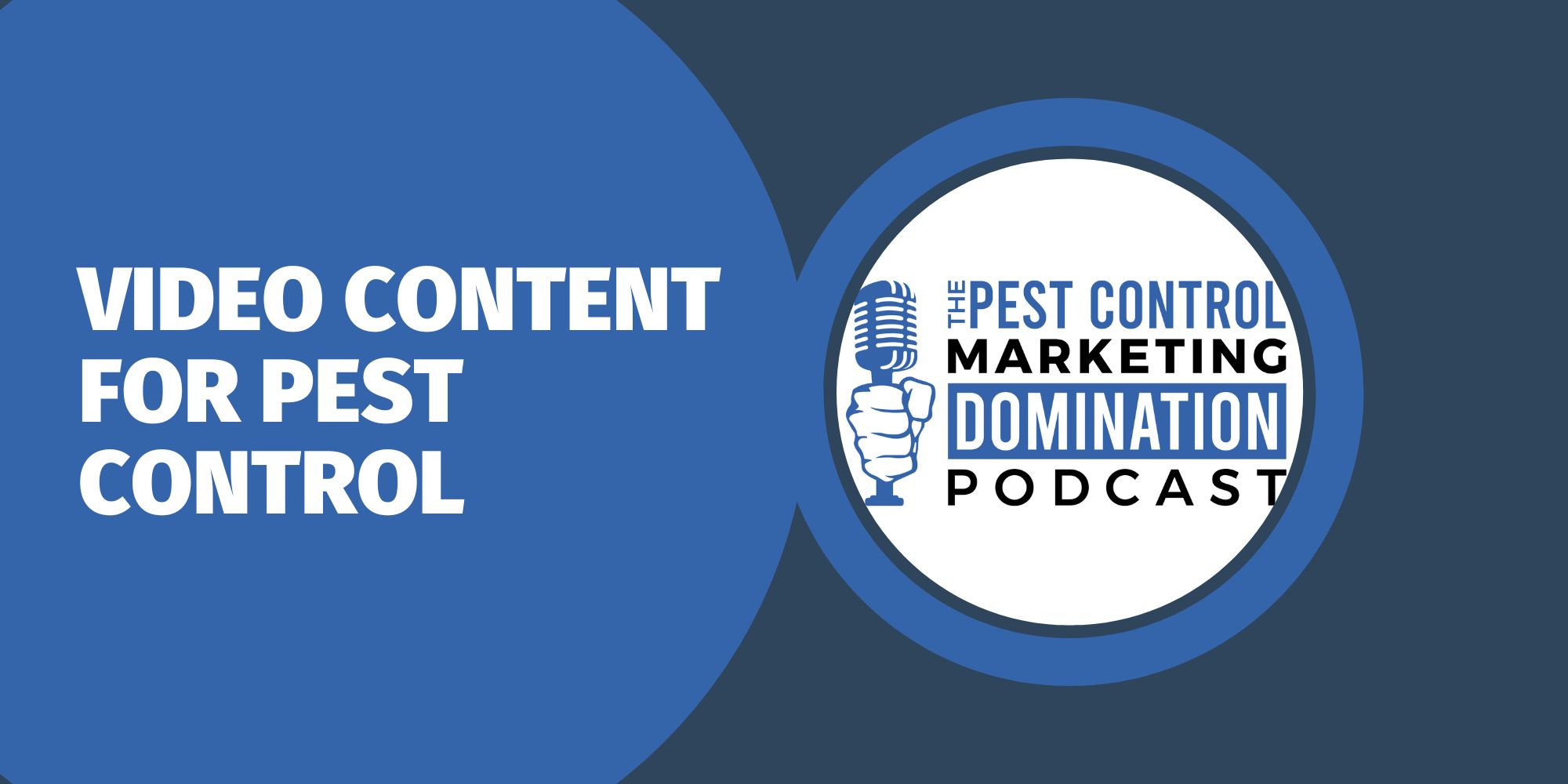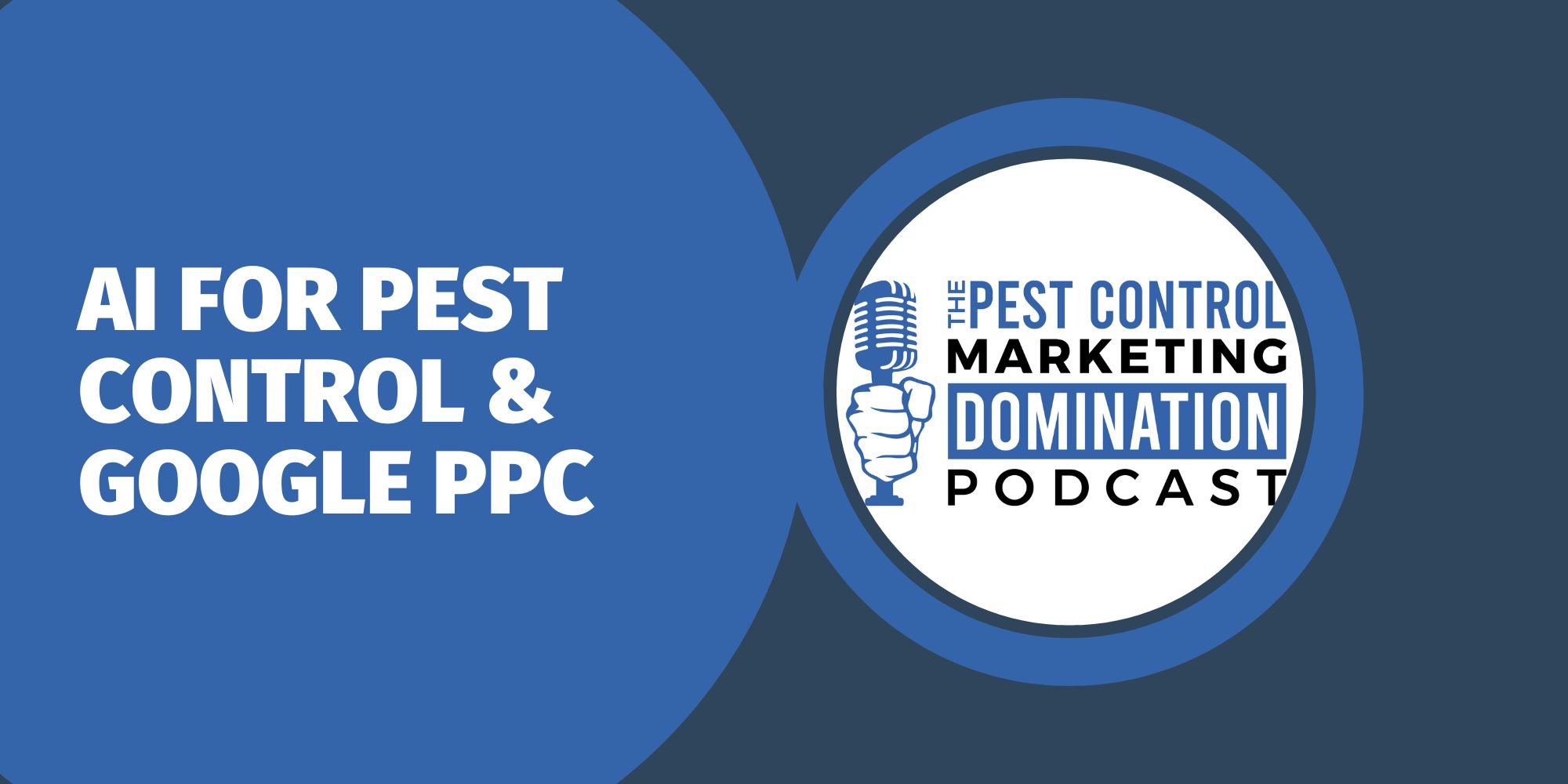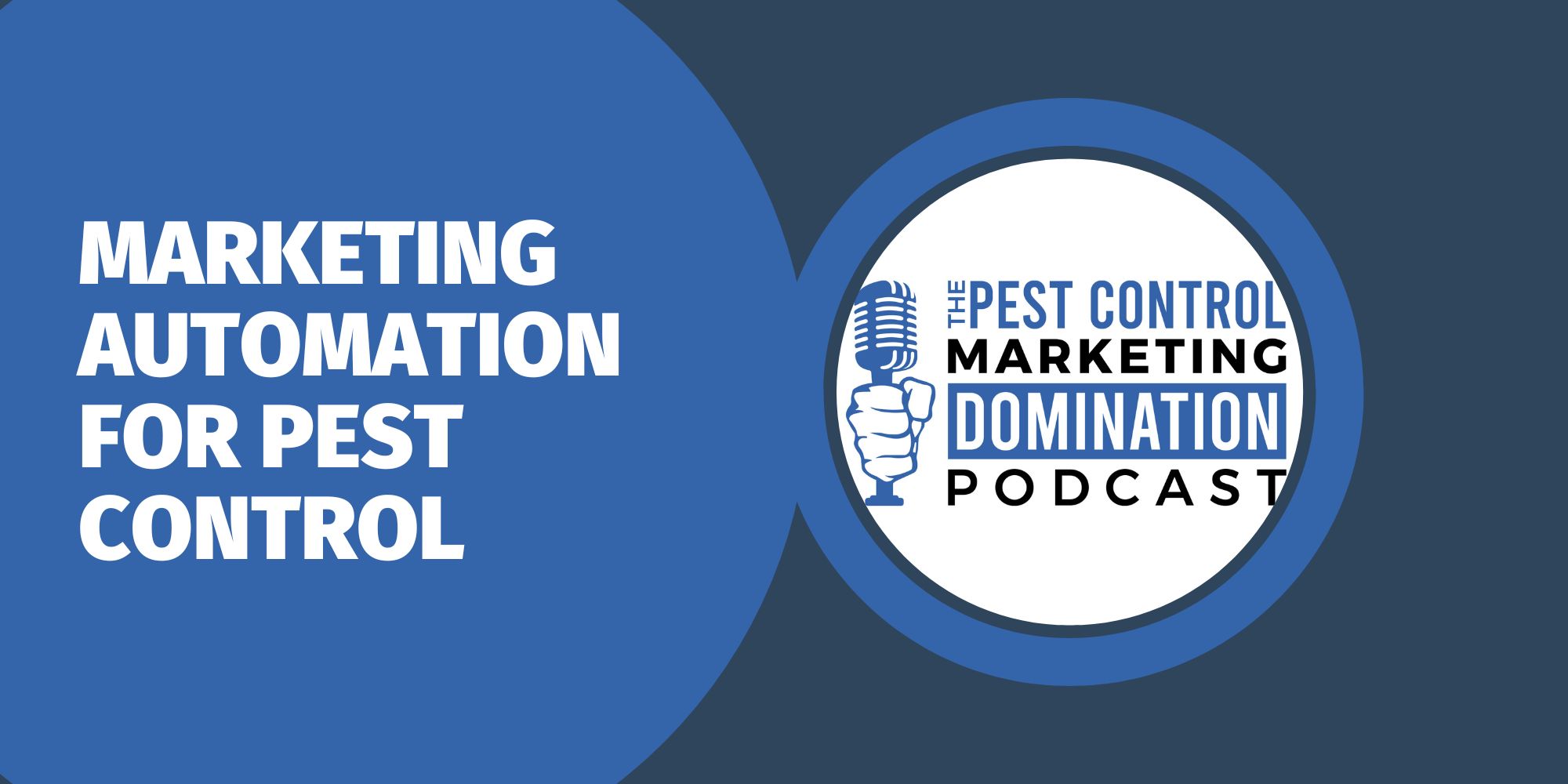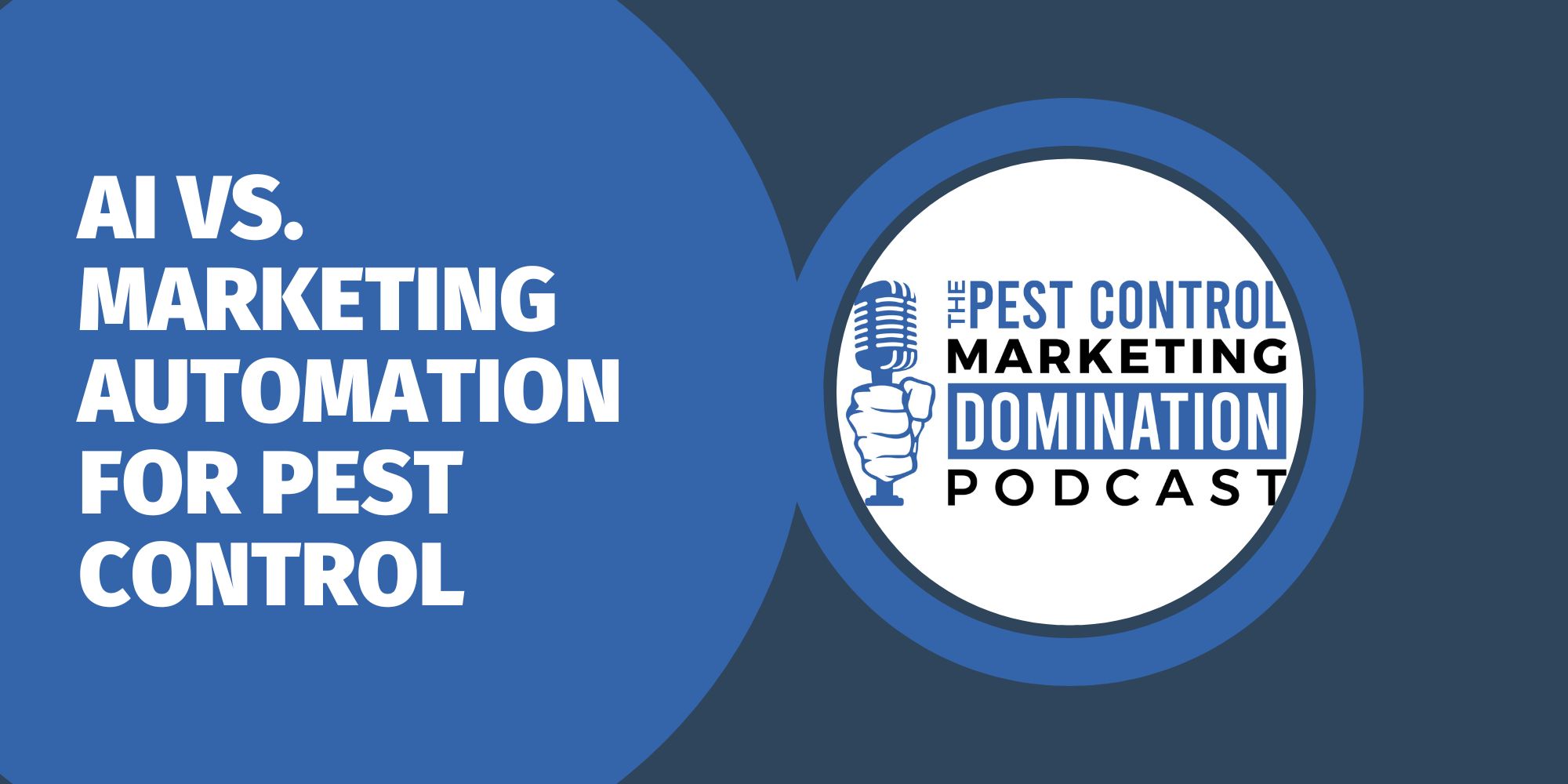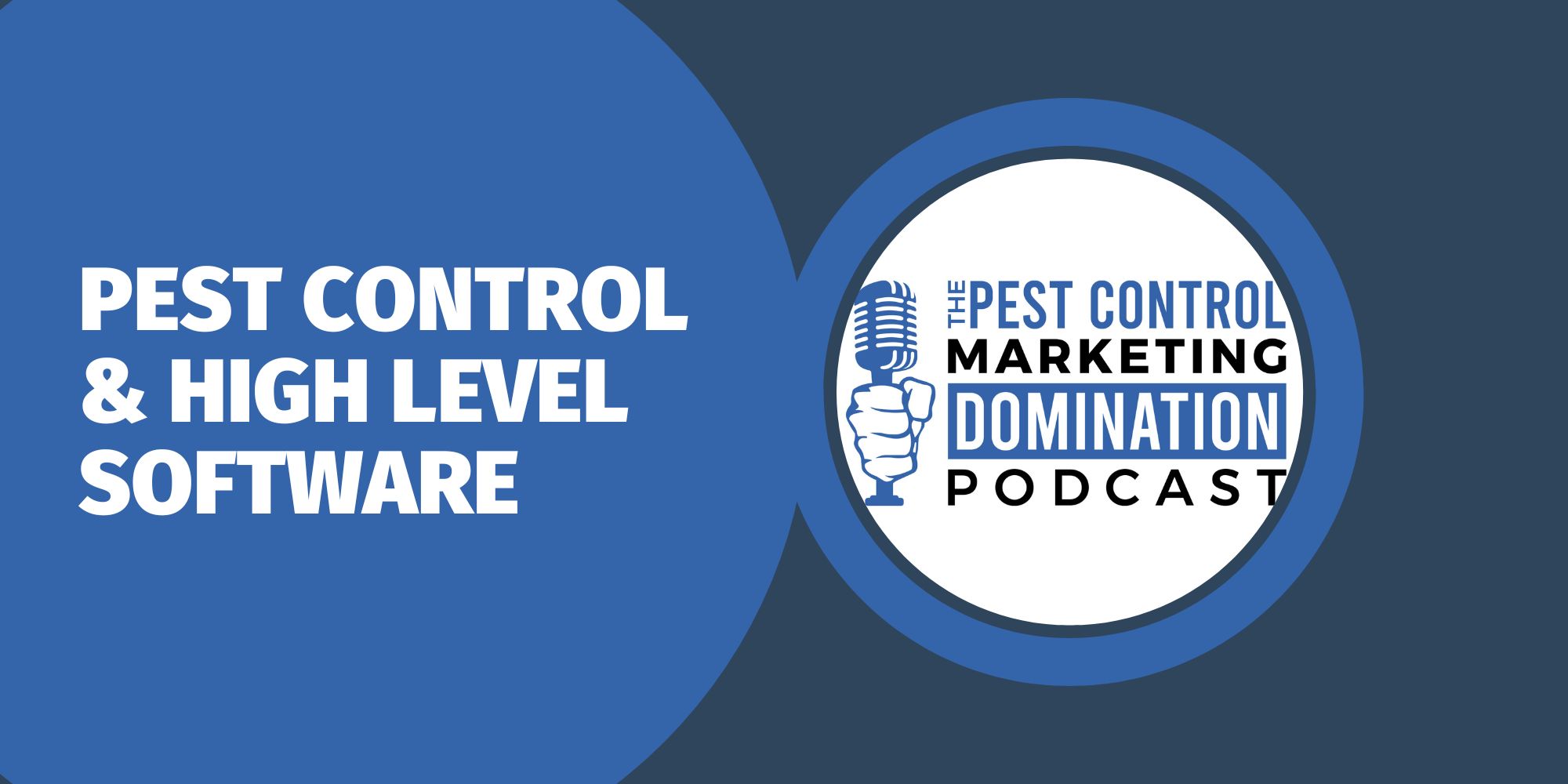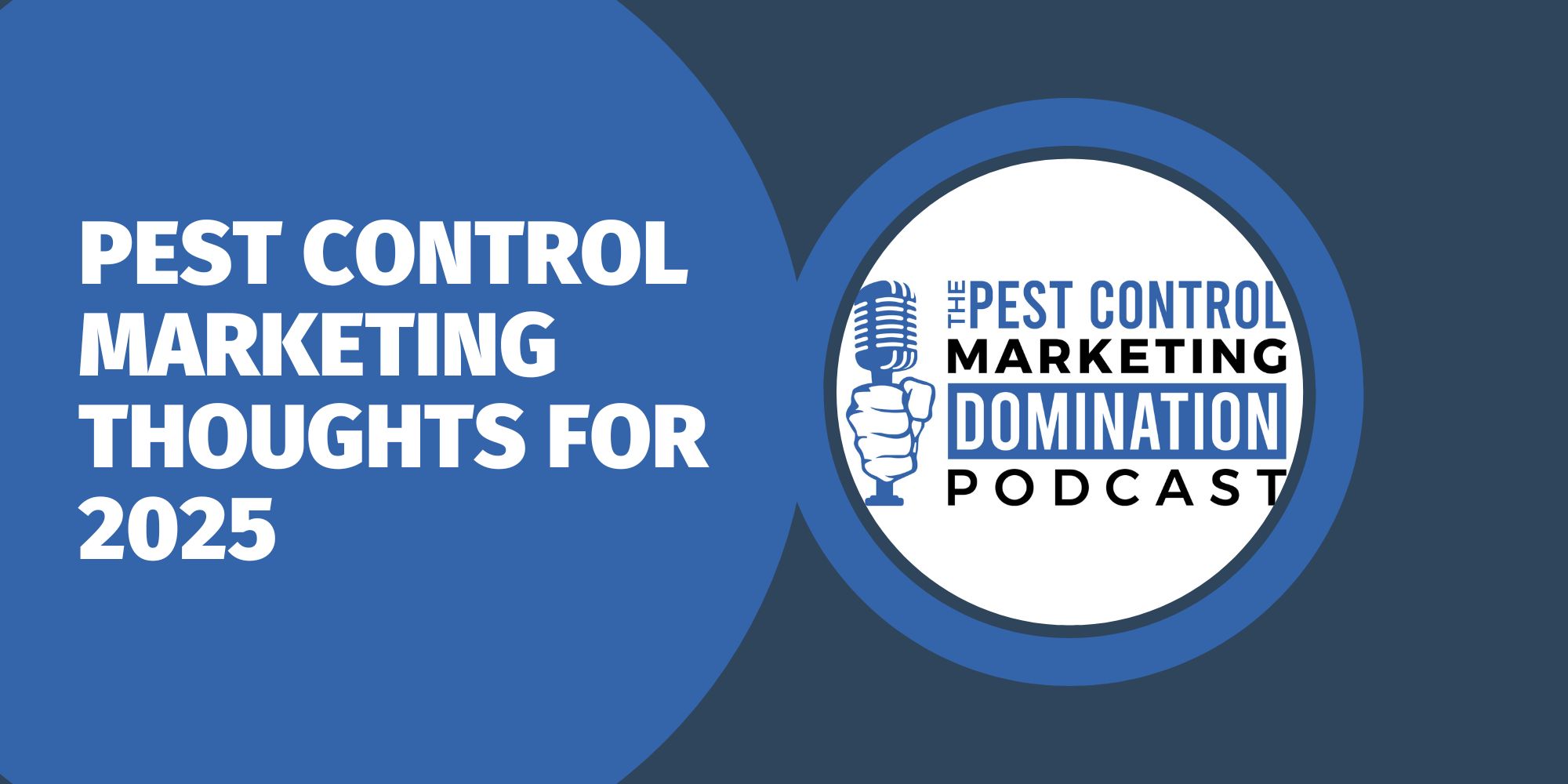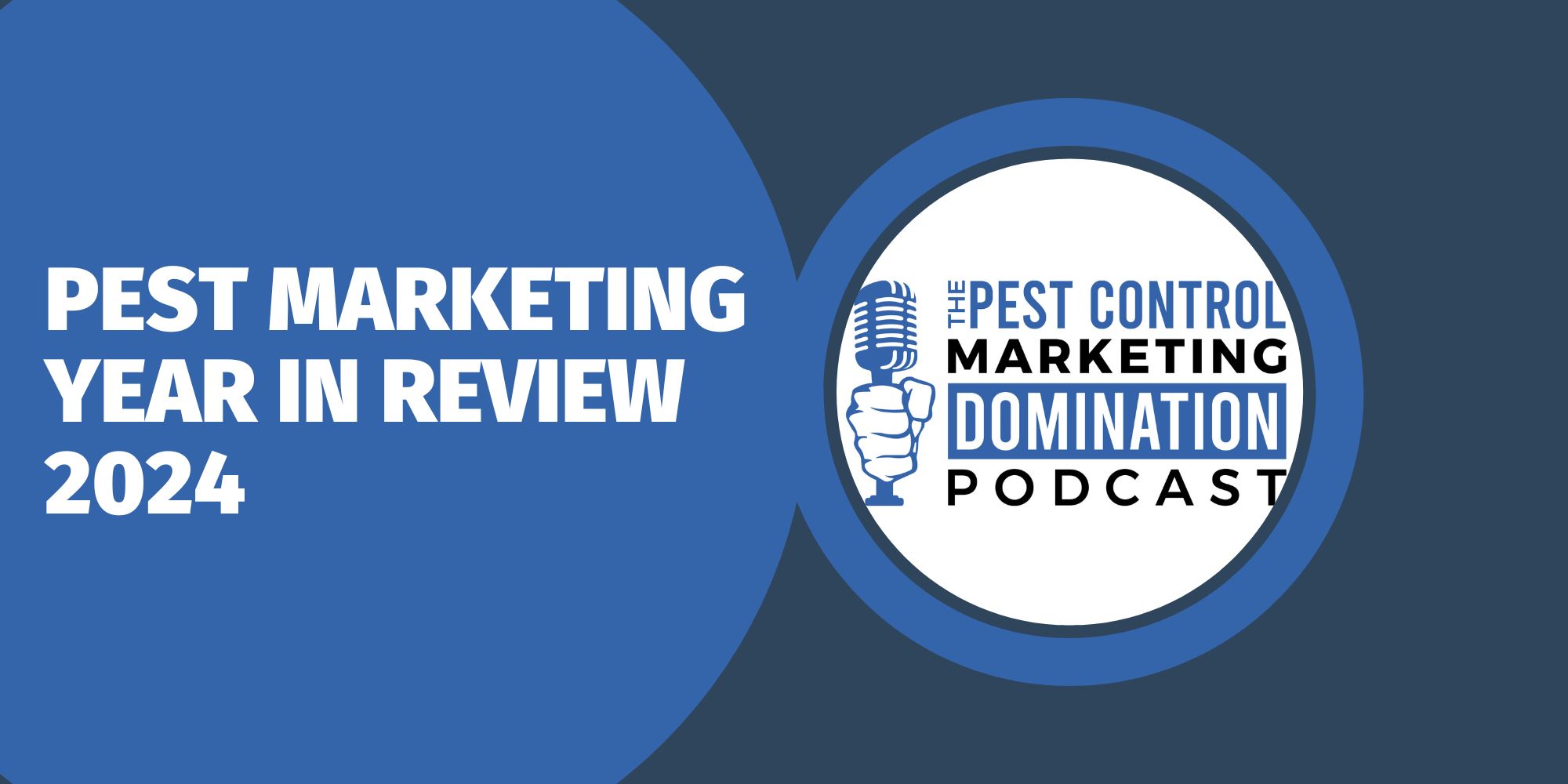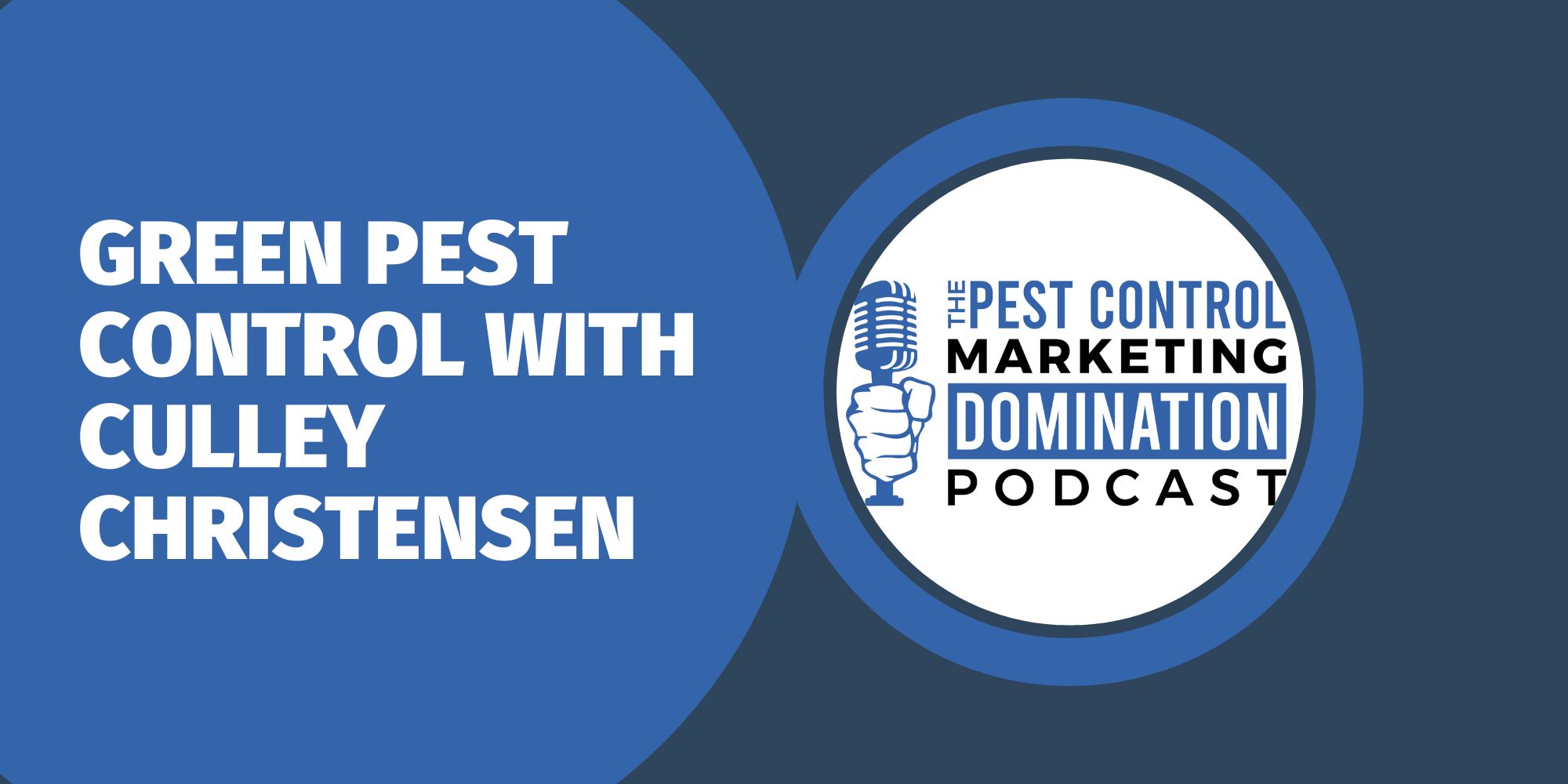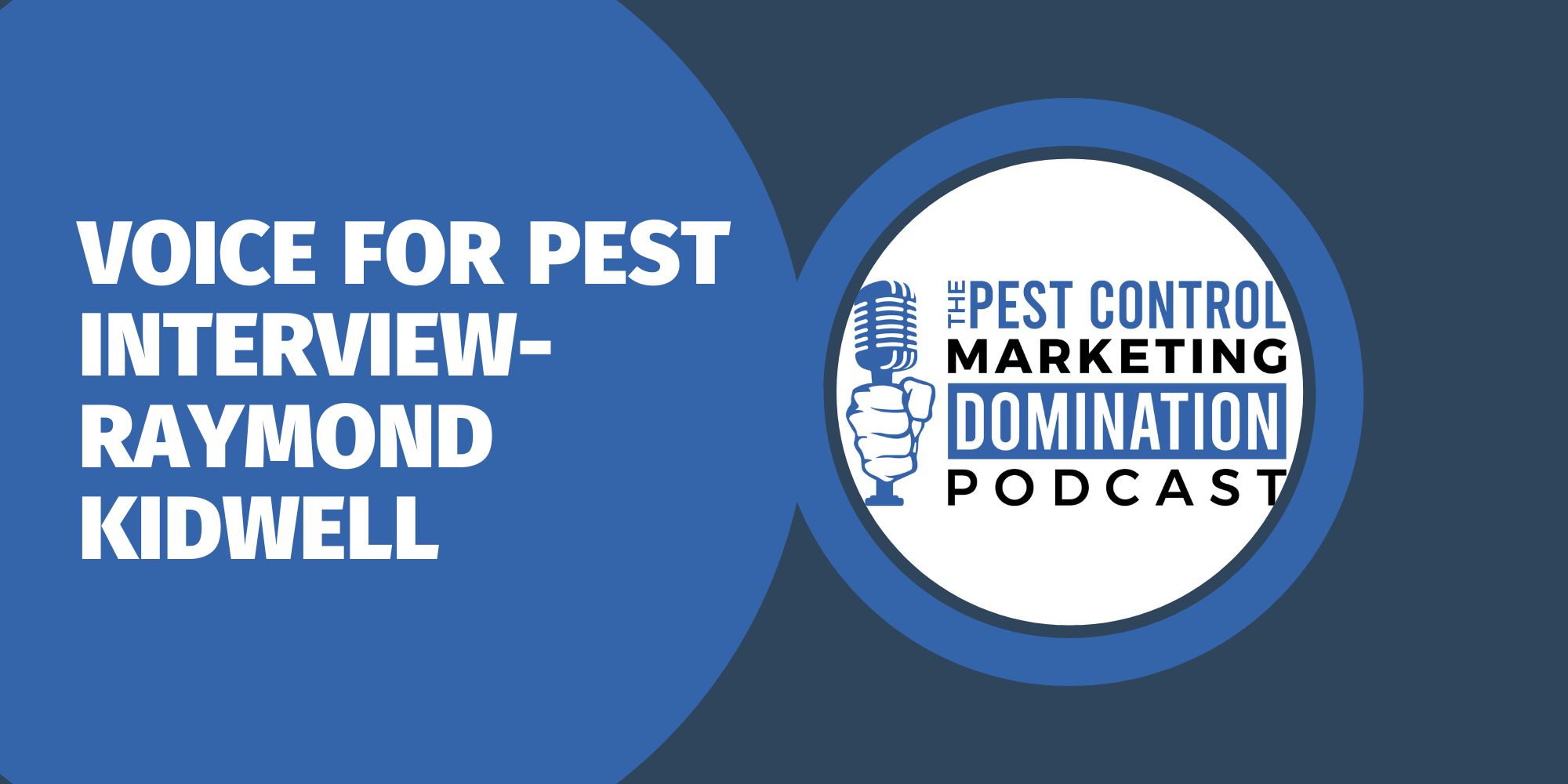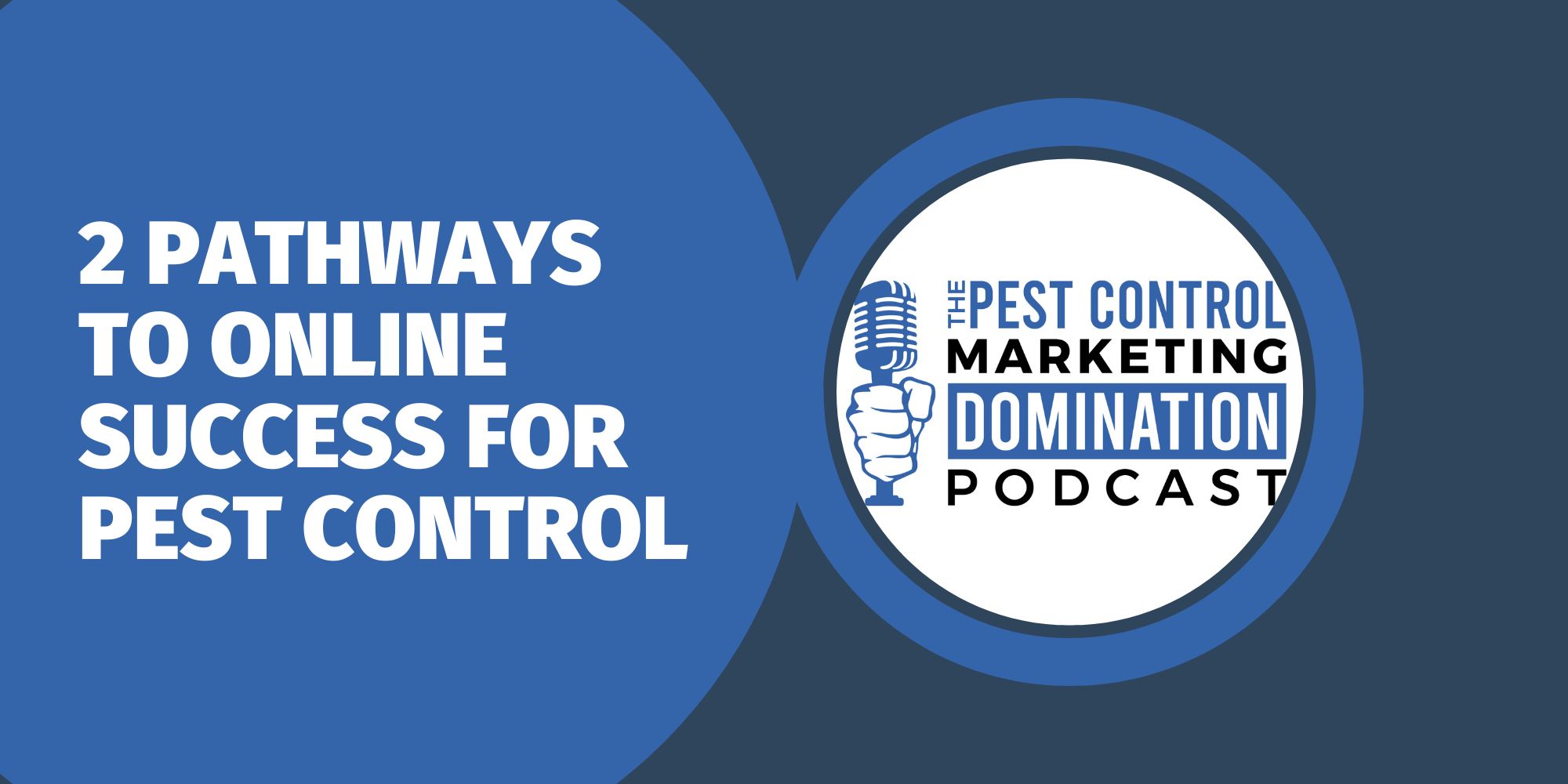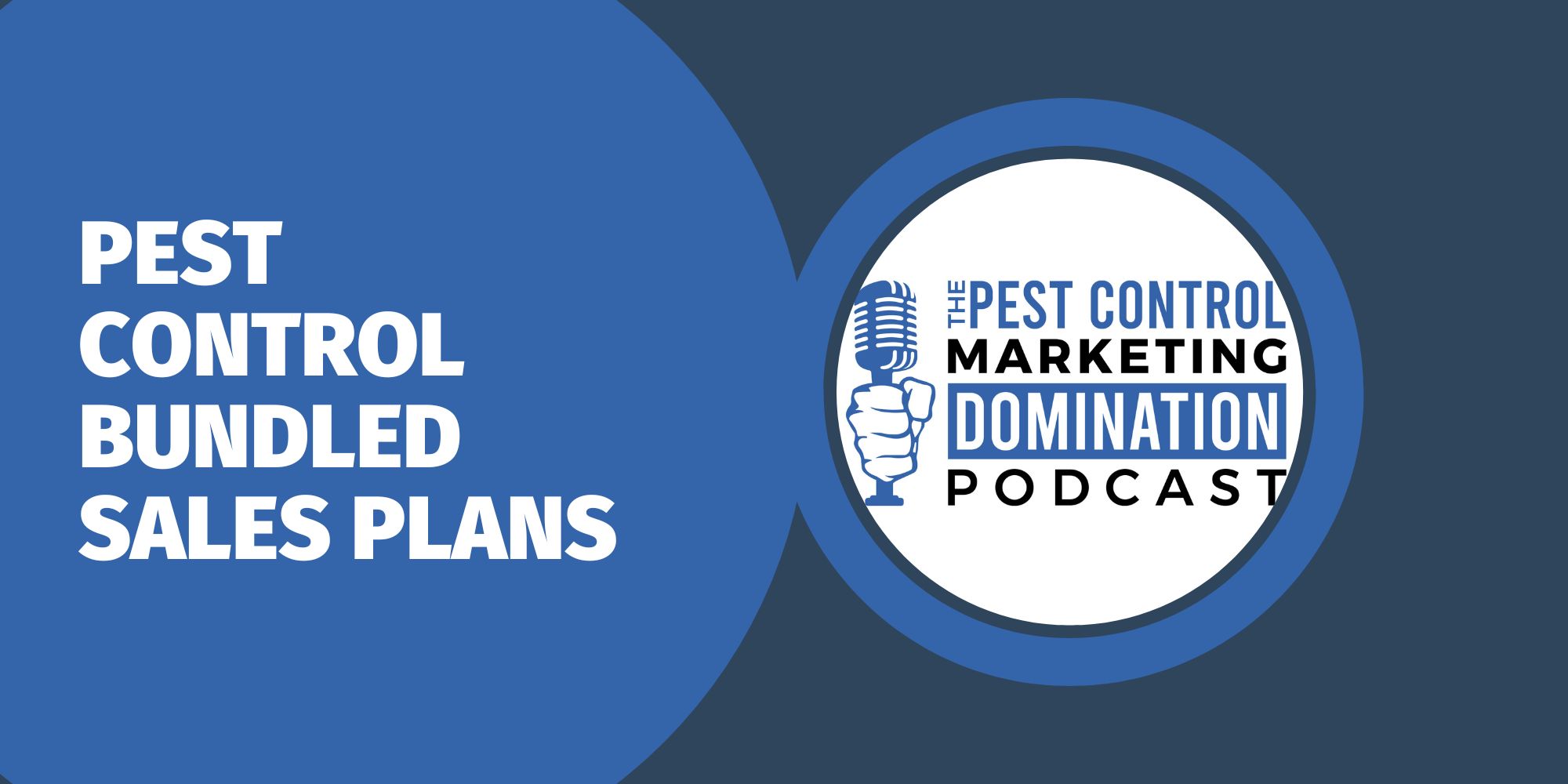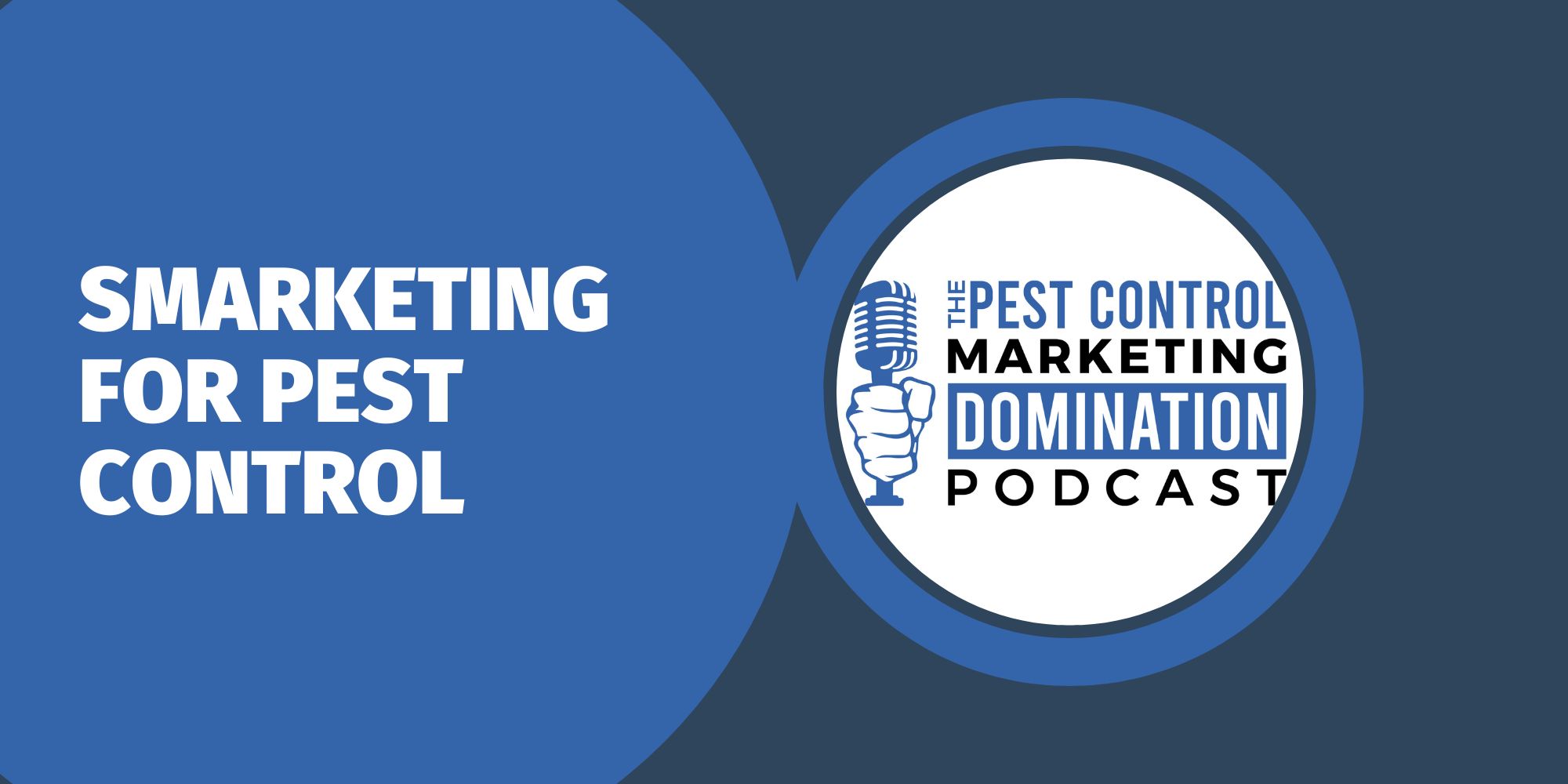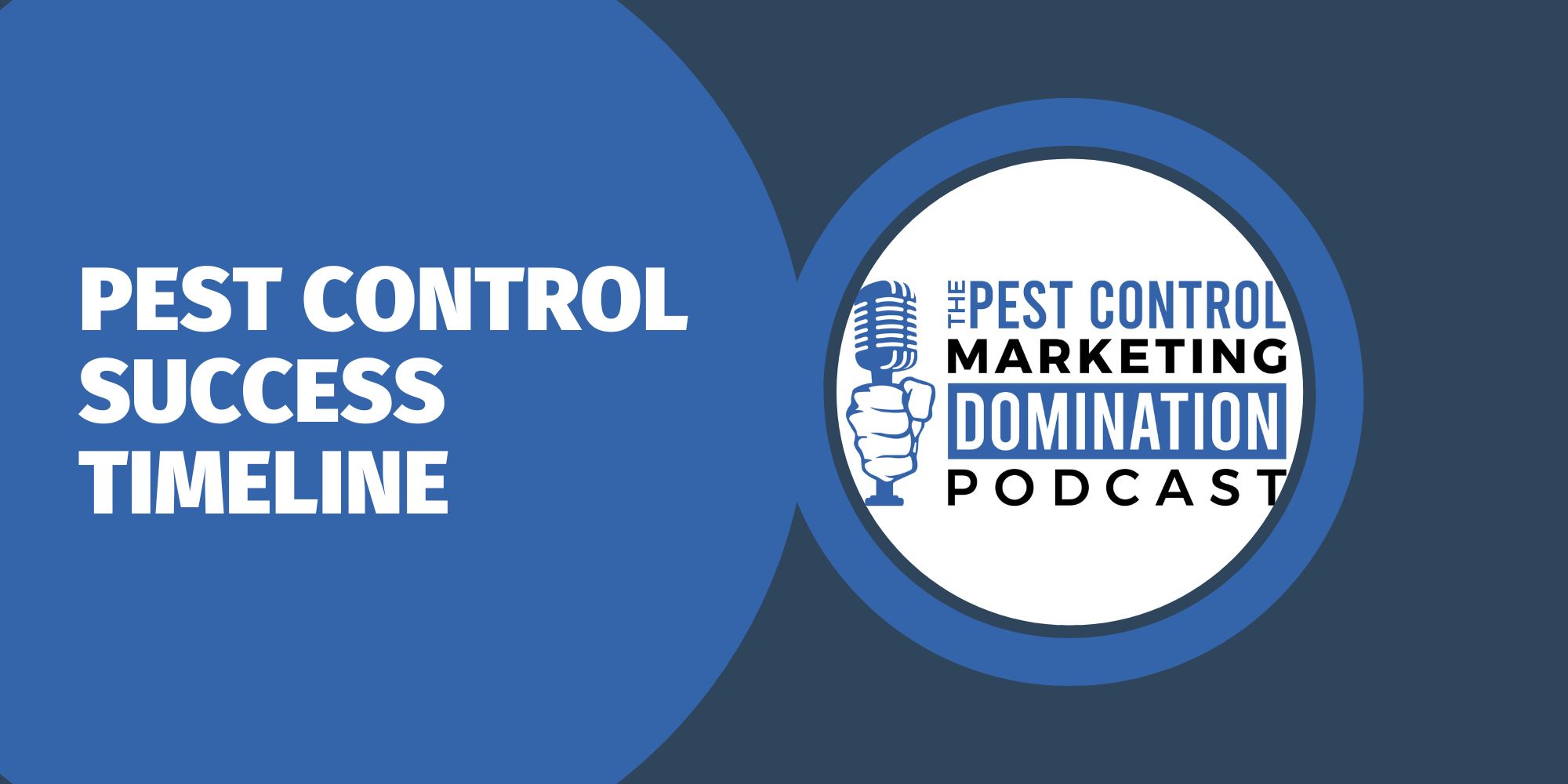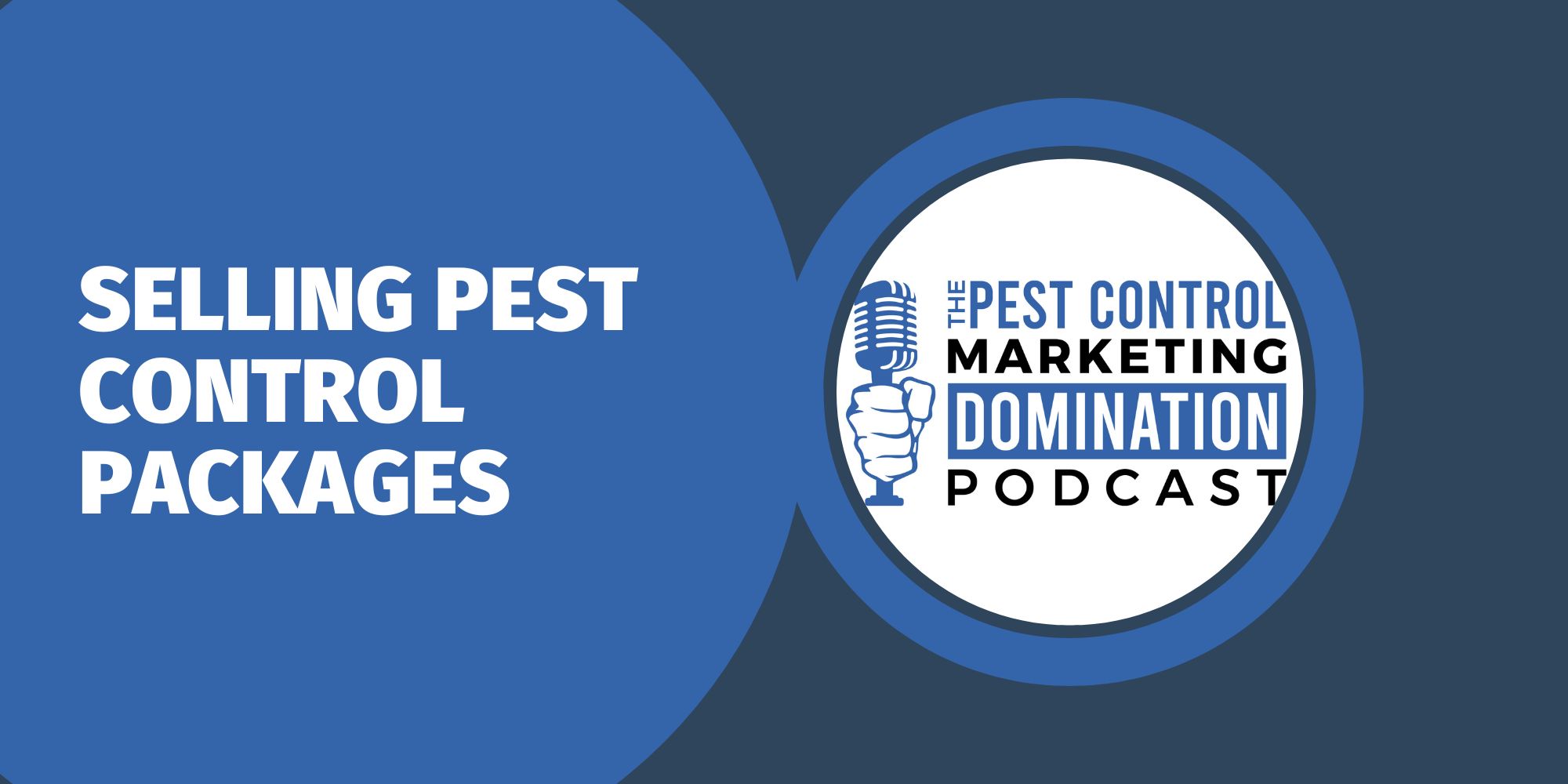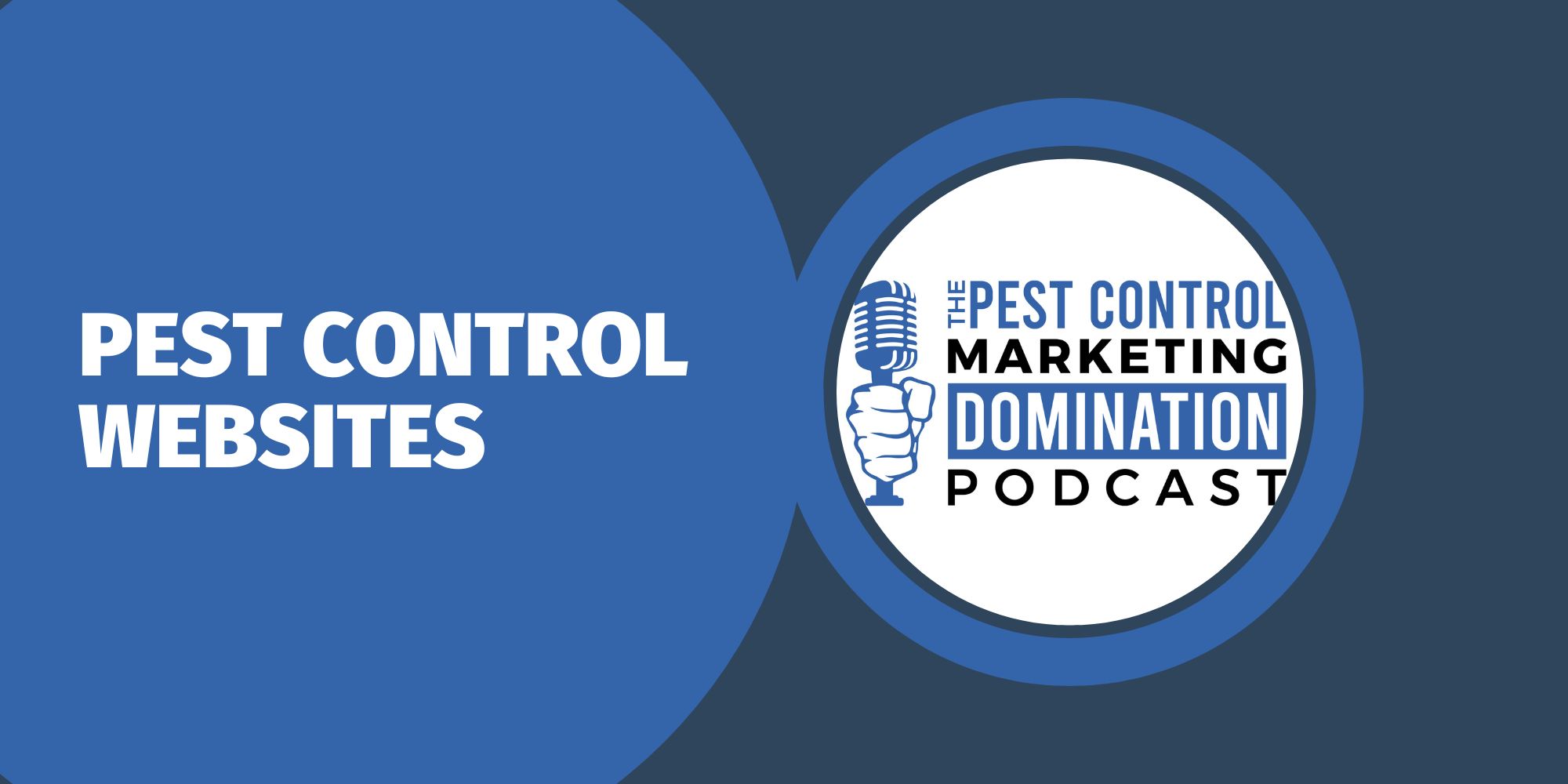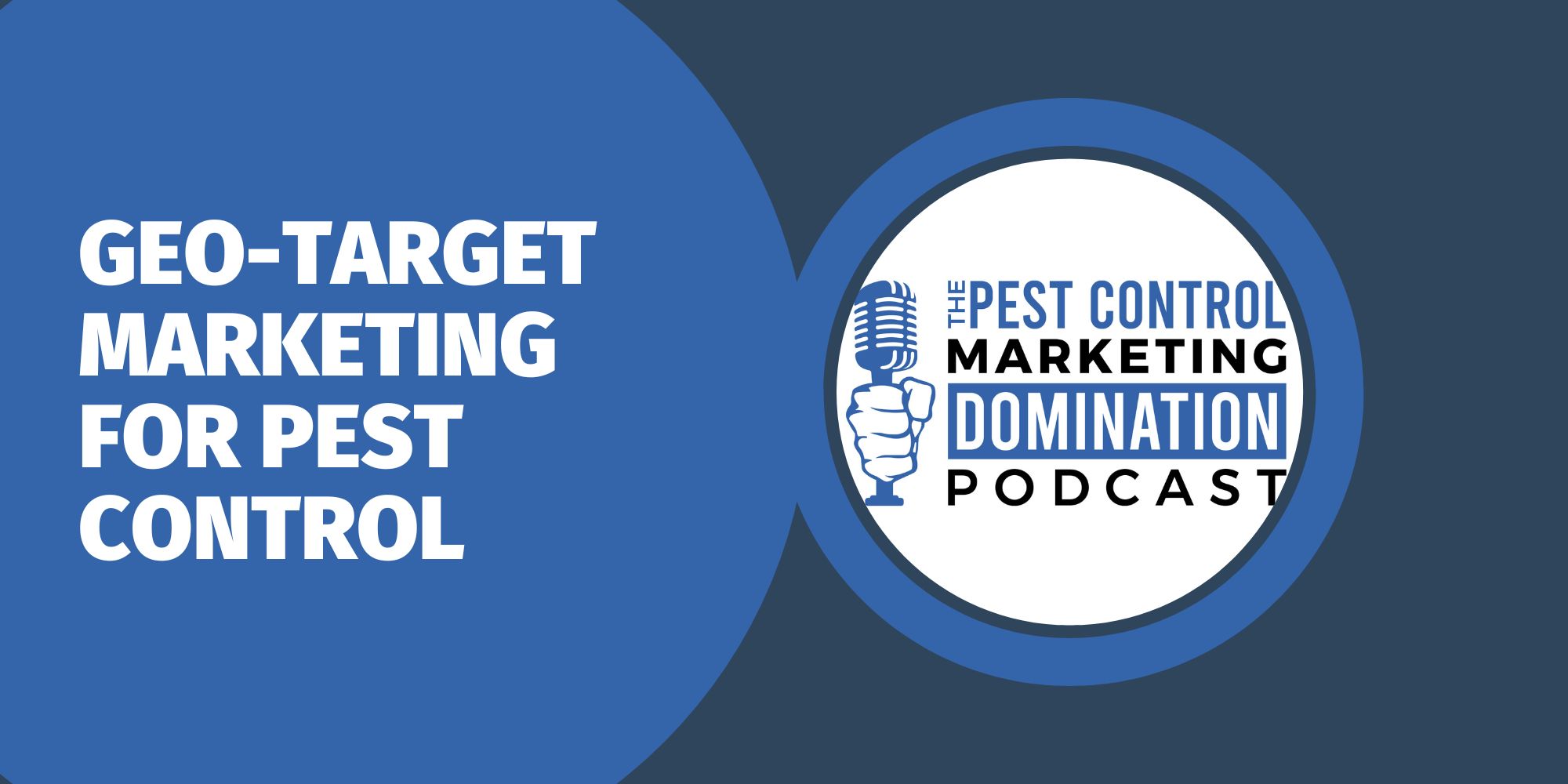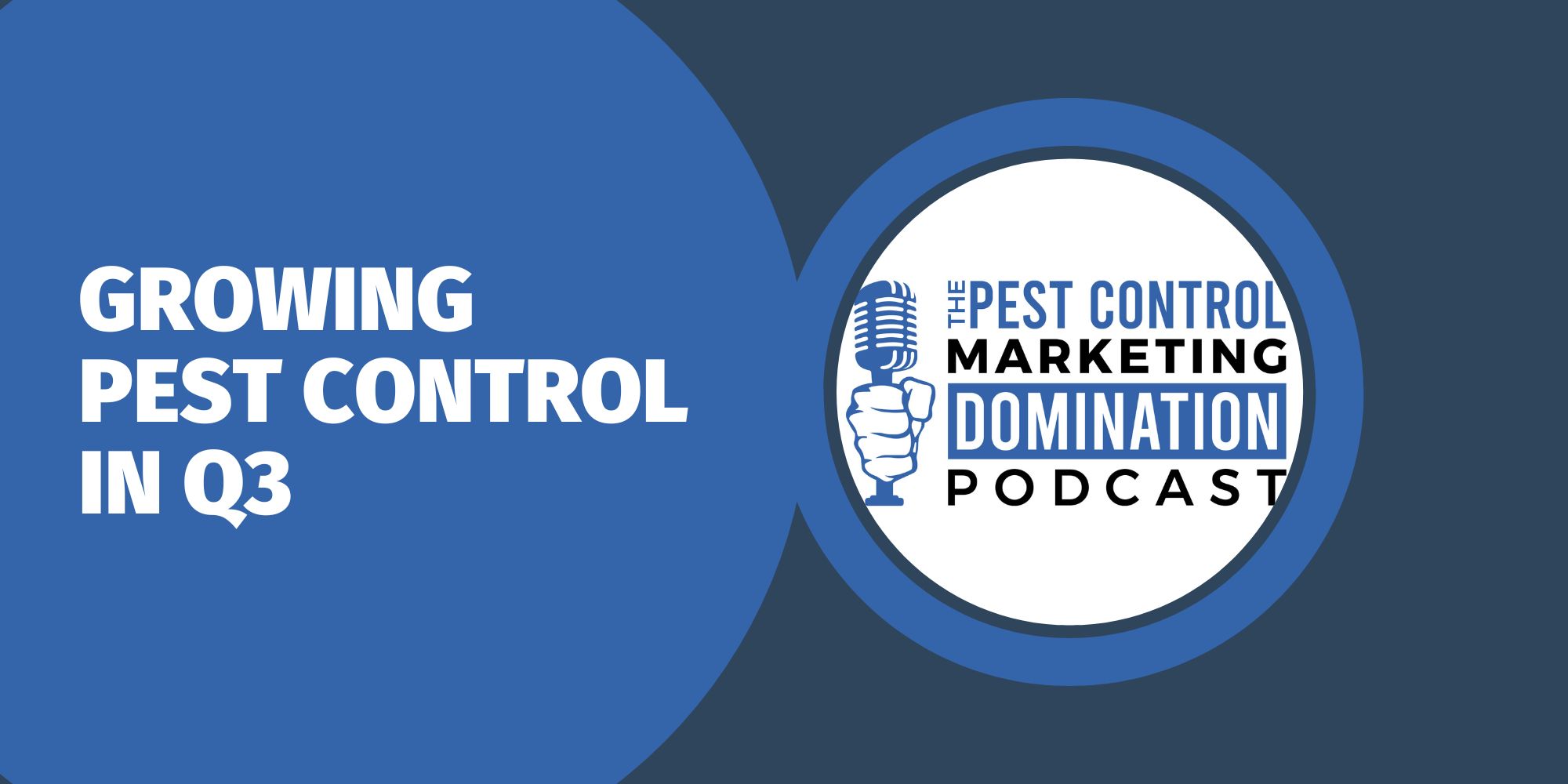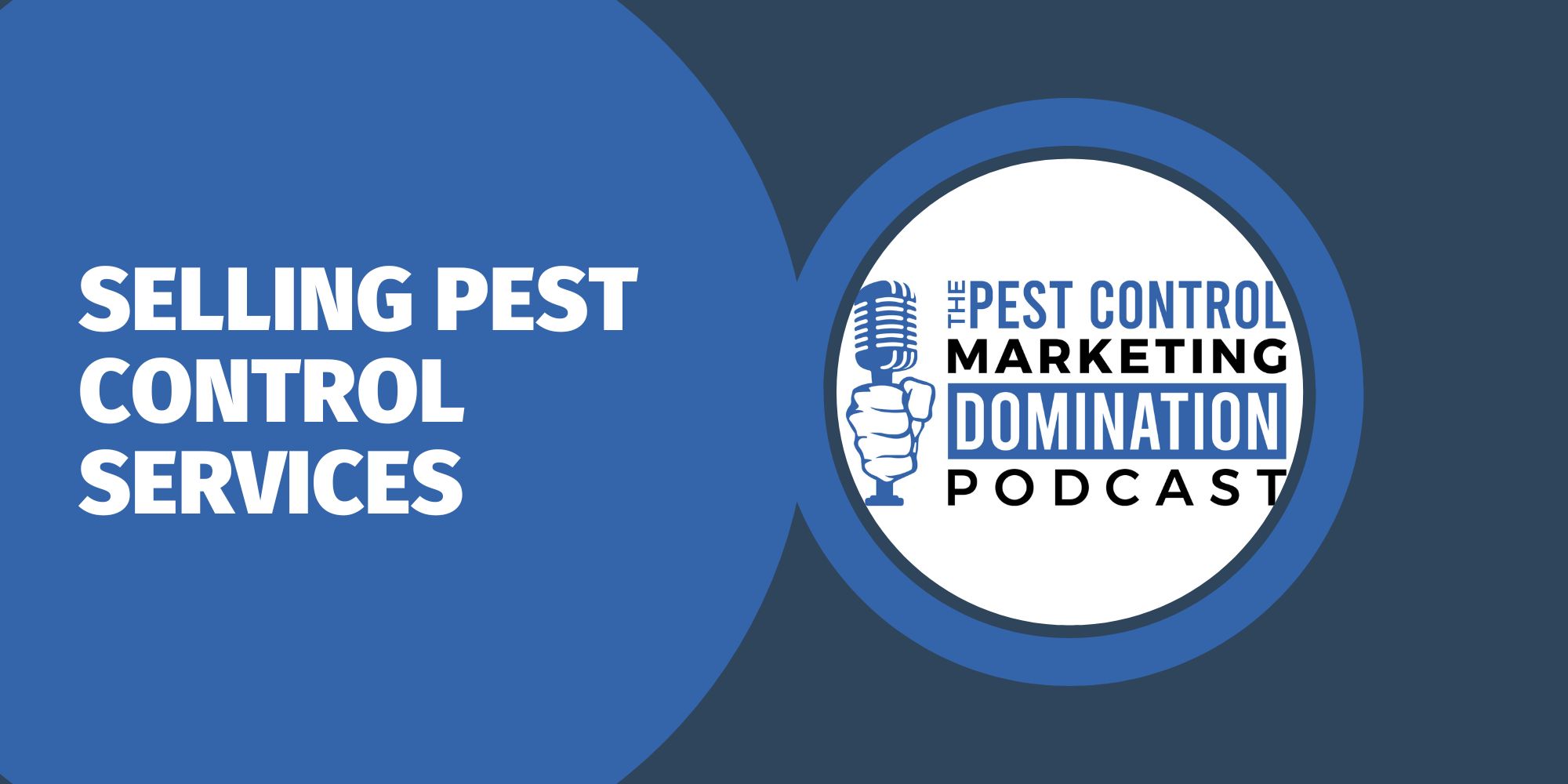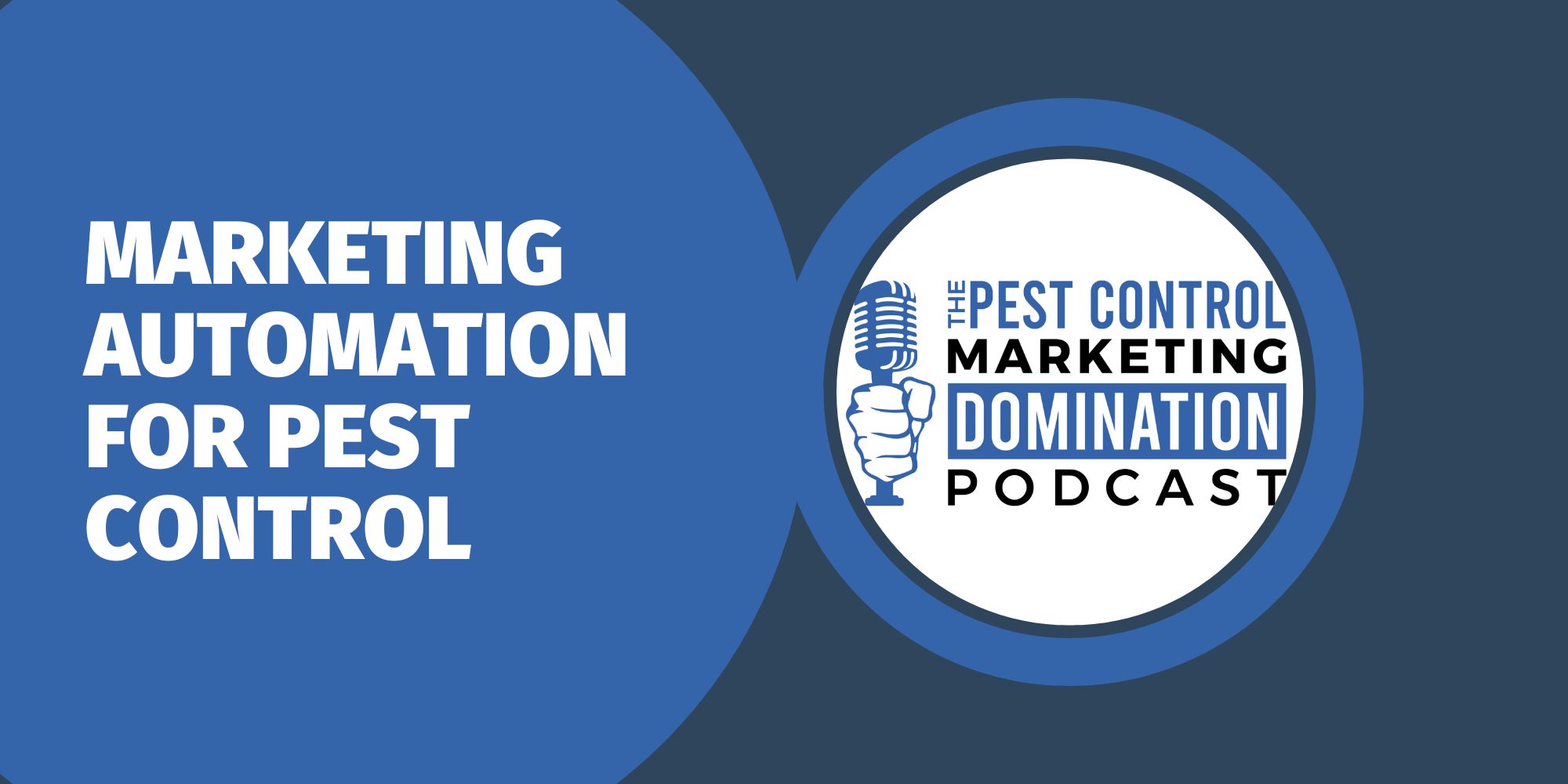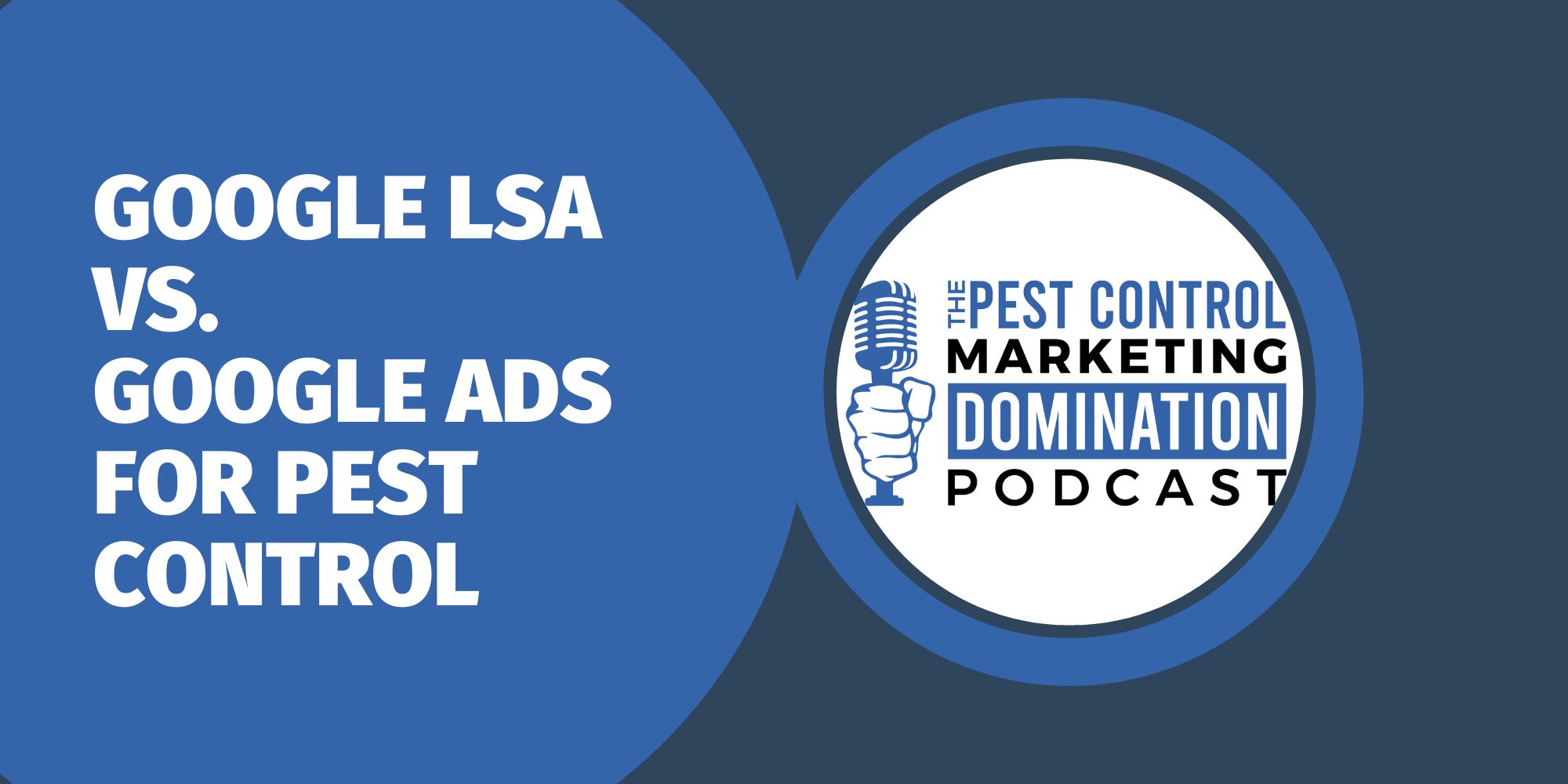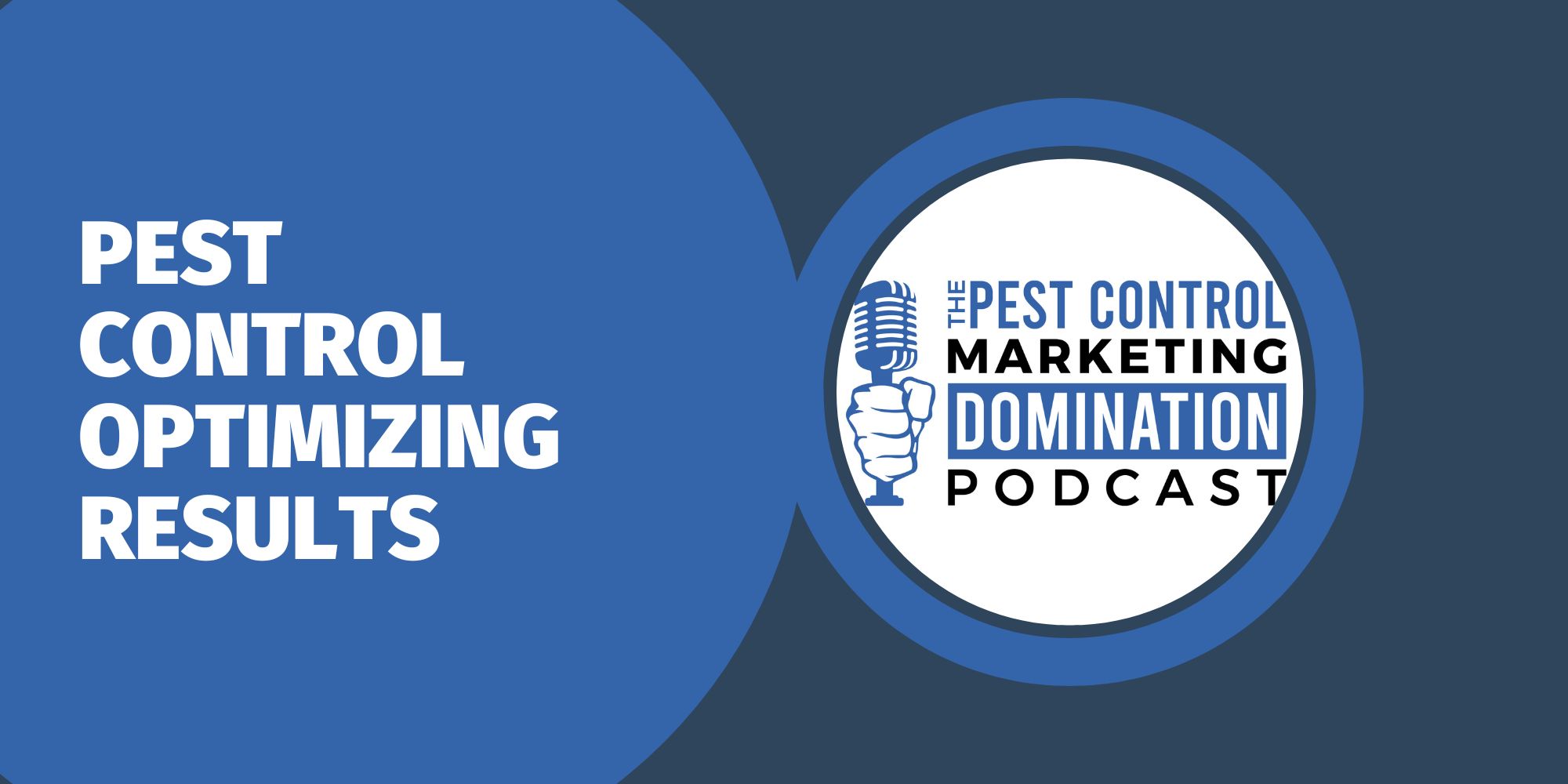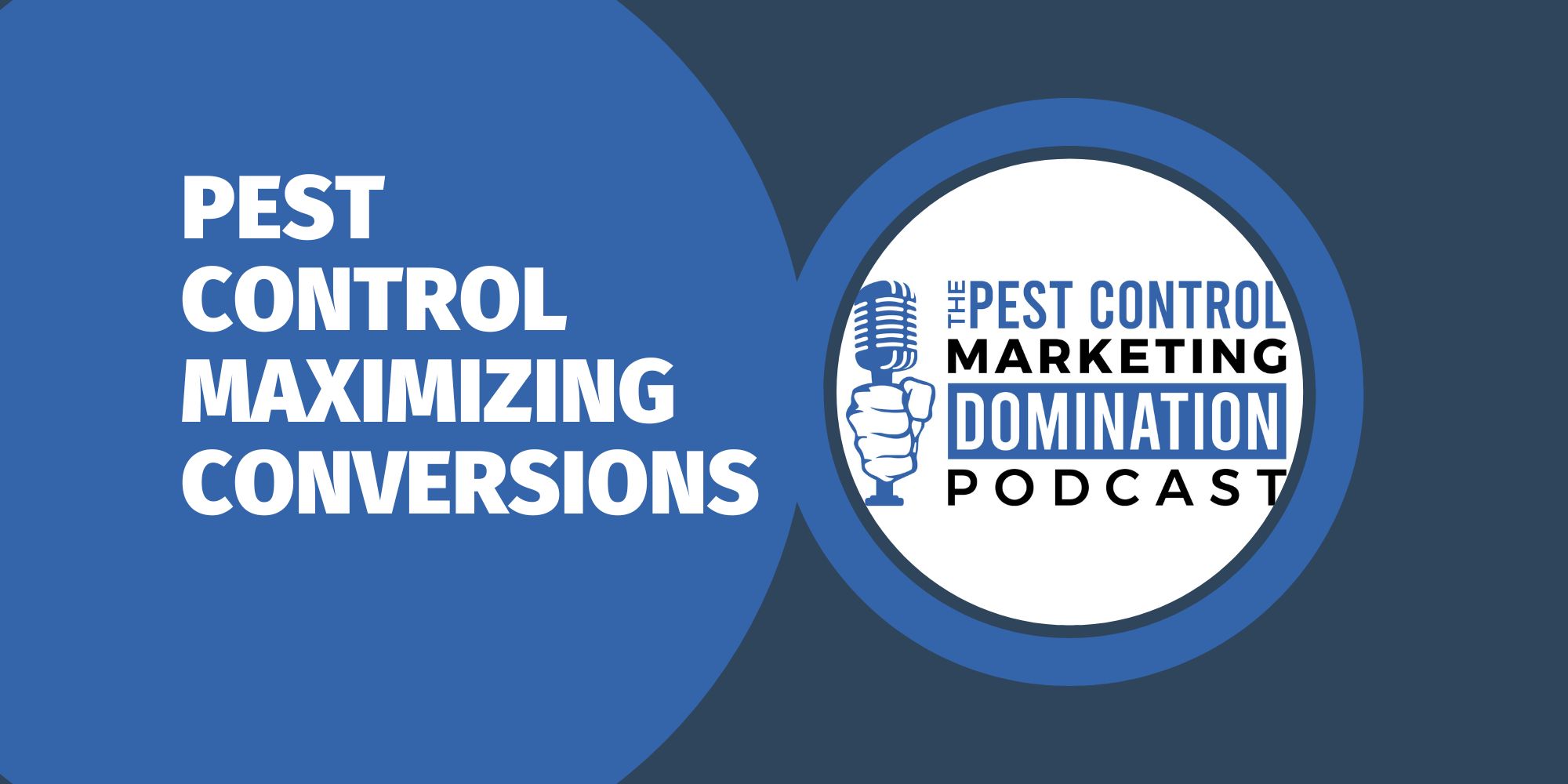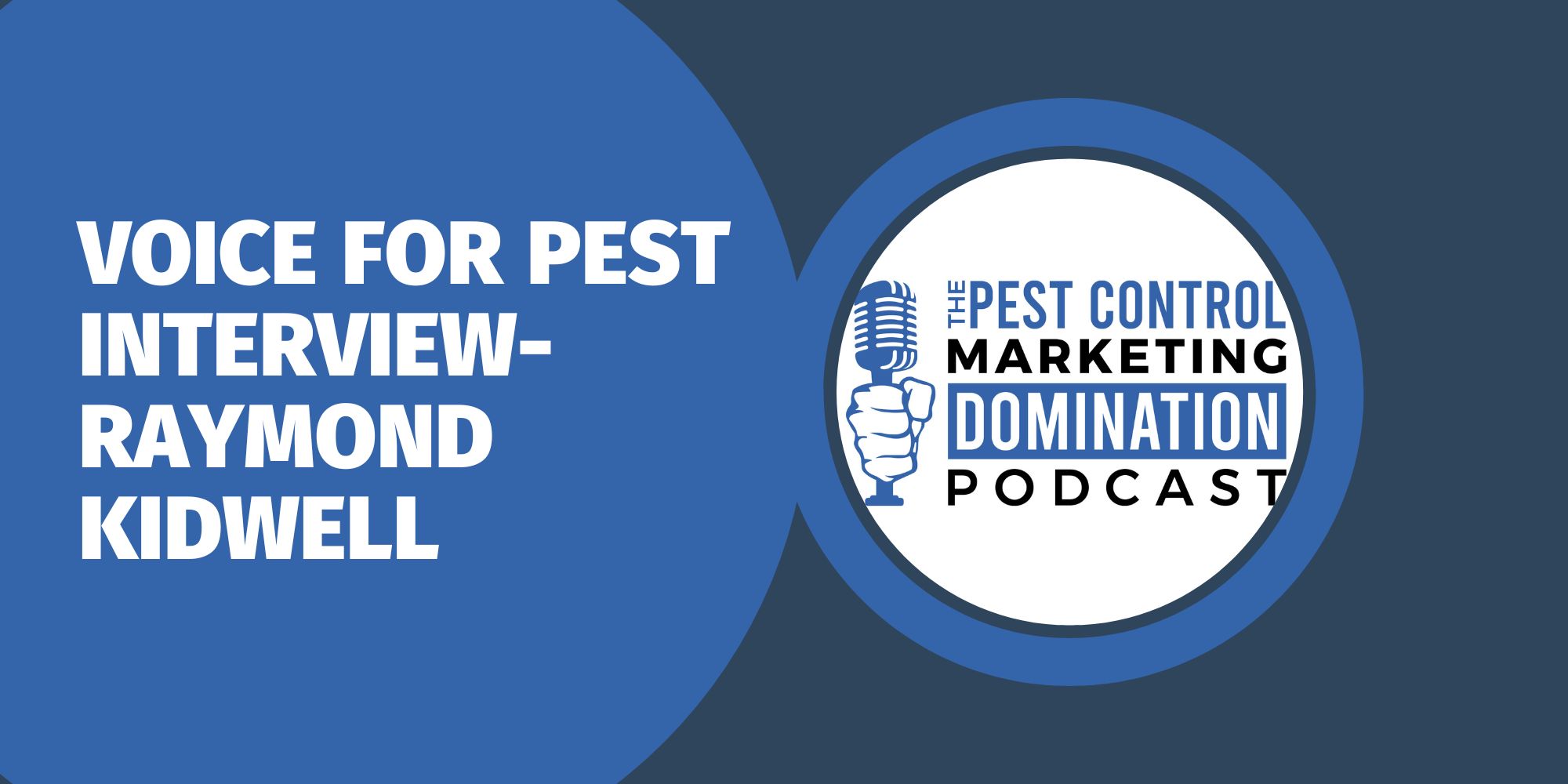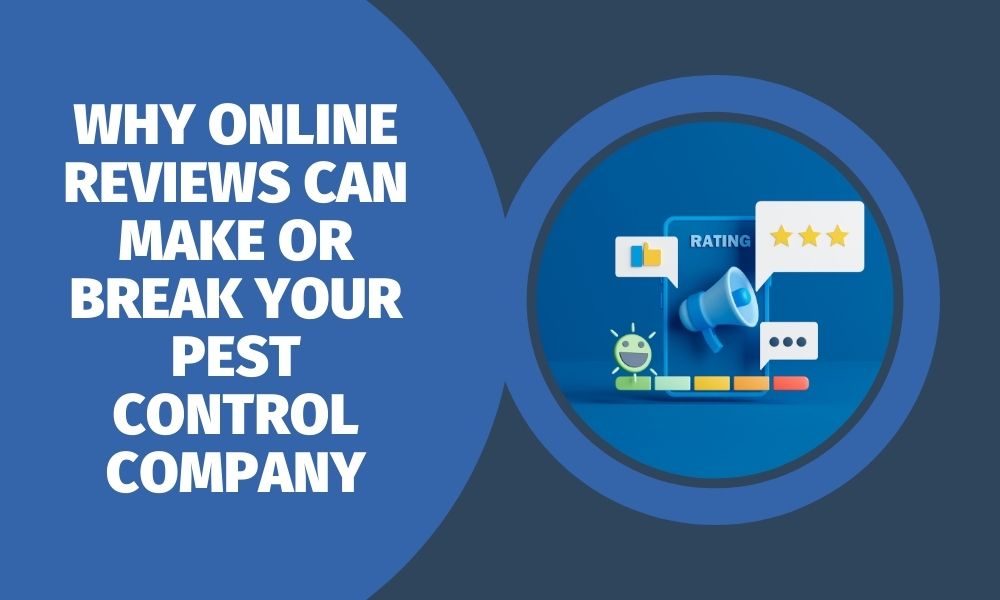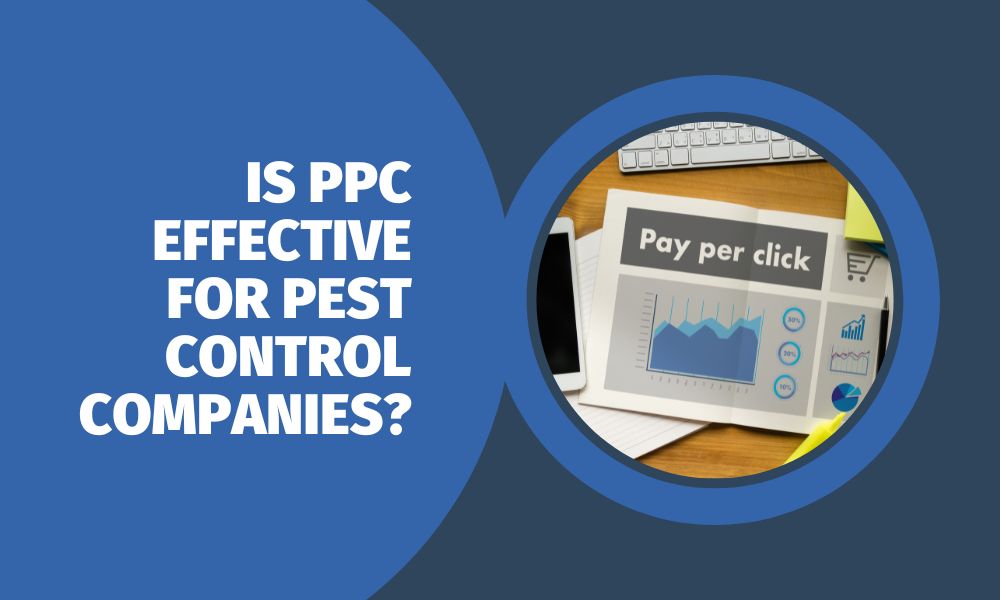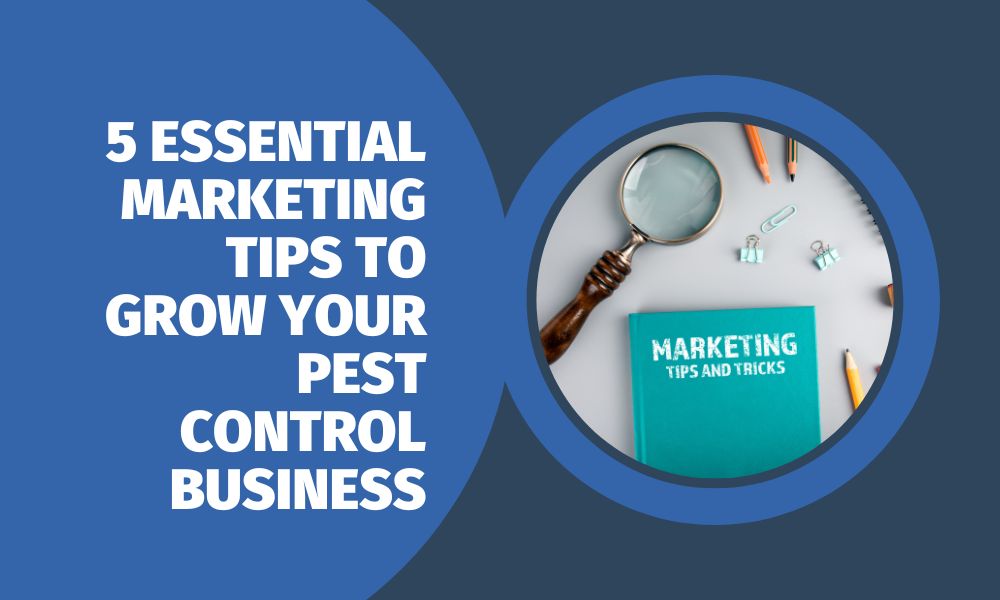The pest control industry is known for having fierce competition. With over 32,000 pest control businesses operating in the United States, it can be challenging for companies to stand out and attract new customers. This is especially true for new pest control companies that are just establishing themselves in the market.
Not only are there numerous competitors, but pest control companies must have strategies in place to differentiate themselves online. On average, 80% of consumers start with online research before deciding to make a purchase from a business. For this reason, it’s critical for pest control companies to know how to stand out online to stay ahead of competition.
1. Start with a SMART Website
Your company website is the hub of your online presence. This is where you showcase your company’s abilities and provide your customers with valuable information. Having a well-designed and comprehensive website is probably one of the easiest ways to differentiate your business from other competitors in your industry.
Unfortunately, many pest control companies take the wrong approach when building their website. Oftentimes, they build a website that functions more like a boring brochure that provides nothing more than the company contact information and a list of services. The challenge is that these types of websites don’t rank well on Google or other search engines. Since 93% of all website traffic comes from search engines, this is a major problem.
Instead, pest control companies should build a website that allows for easier and more effective search engine indexing. Each page needs to have a specific purpose since search engines work to connect their users with the sites that are most relevant to their search criteria. For example, if someone searches for “termite extermination”, they are more likely to be directed to a site that is dedicated to termites rather than another page that contains information about a dozen different pest species.
Of course, these types of websites are more complicated and costly to organize at first, but it will significantly improve your company’s ability to enhance the visibility of your online presence. For more information, check out our SMART pest control website page for a free website review.
2. Focus on Local SEO Optimization
The keywords that you use throughout your website can impact your ability to show up in search engine results. It’s important to carefully consider which keywords are the most relevant to your business and to your target audience.
Most pest control companies operate in a relatively small geographic area. For this reason, you should always include local keywords in your content such as the name of towns, cities, counties, and neighborhoods in your operating territory. It’s extremely likely that your potential customers will include these terms in their search criteria. For example, customers who live in Memphis and need help with an ant infestation might search for “ant extermination in Memphis’.
In addition to selecting local keywords, you should also consider long-tail keywords versus short-tail keywords. Short-tail keywords are often simple or single word keywords such as “exterminator” or “pest control”. While the search volume for short-tail keywords is much higher, they often have a lot of competition. Long-tail keywords are more complex phrases such as “pet-friendly termite extermination”. The search volume for these long-tail keywords will be lower, but pest control companies that use these phrases and keywords will be more likely to show up higher in the search results due to lower competition.
3. Create High-Quality Content
Before hiring a pest control company, most people turn to the internet to find information related to their pest issue. For example, they might need help identifying the type of pest they are dealing with, or they may want to see if there is a DIY option for taking care of the problem themselves. As a result, your potential customers will often turn to a search engine like Google to find the answers to their questions.
This provides an excellent opportunity for pest control companies to attract these visitors to their website by helping to provide this valuable information. By producing and publishing high-quality content on your website, you are providing immediate value to your potential customers showing them that you are a reputable and knowledgeable expert in your area.
There are numerous options when it comes to creating this content including photos, videos, articles, podcasts, and downloadable guides. The topic of this content can range from pest identification guides, checklists, DIY videos, infographics, and other helpful tips. While this may help eliminate the need for your services this time around, they will be more likely to recognize your brand later when they encounter an issue that is too complex for them to solve themselves.
4. Build an Extensive Network of Business Listings
Business listings on public and industry websites can help boost the credibility of your company. It can also provide your pest control business with visibility across a wide range of platforms. The most popular business listing site is your Google Business Profile, which allows your business listing to appear in Google search results and in Google Maps. Other popular platforms include Yelp and Angi.
It’s important to make sure that your business profiles on these sites are accurate and contain all of the information that your customers need including the services you offer, service territory, hours of operation, and contact information.
Many of these sites also allow existing customers to provide ratings or feedback. This can be extremely helpful information for potential customers who are considering hiring your company. Pest control businesses with a lot of positive reviews will naturally rank higher and capture more attention. For this reason, you should have a strategy in place to encourage your customers to post positive reviews online for others to see.
5. Leverage Social Media
Social media can be a powerful tool for pest control companies to attract attention to their business and engage with new and existing customers. Pest control companies should carefully evaluate their ideal customer before determining which social media platforms to use. The type of content that you intend to create and publish could also impact your decision. For example, if you want to create an instructional video series, platforms like YouTube or Instagram might be the best option. Likewise, homeowners are more likely to spend time on Facebook while commercial clients will be easier to reach on LinkedIn.
6. Differentiate Yourself from Your Competition
Despite all these tactics, your pest control business might need to do a little more to stand out from the other competitors in your local market. Take time to evaluate their offerings and see if there is something you can do to make your services better or more convenient. For example, if you find that many of your competitors still rely on traditional phone calls for scheduling, you might offer an online booking tool on your website that allows customers to select their preferred day and time for your visit.
Other differentiators could include offering virtual inspections via a video conferencing tool, offering green or eco-friendly pest control options, using pet-friendly solutions, or pricing that is more transparent than your competitors.
Supercharge Your Digital Marketing Strategy
Creating a comprehensive digital marketing strategy for your pest control business can get complicated quickly. There are numerous factors that you need to consider in order to convince search engines and your target customers that your website, social media, and other digital marketing tools are worth their time. At Rhino Pest Control Marketing, we understand the many challenges that pest control companies face when trying to grow their business and generate more sales. Contact us today to see how we can help you establish yourself as a leader in your local area.




